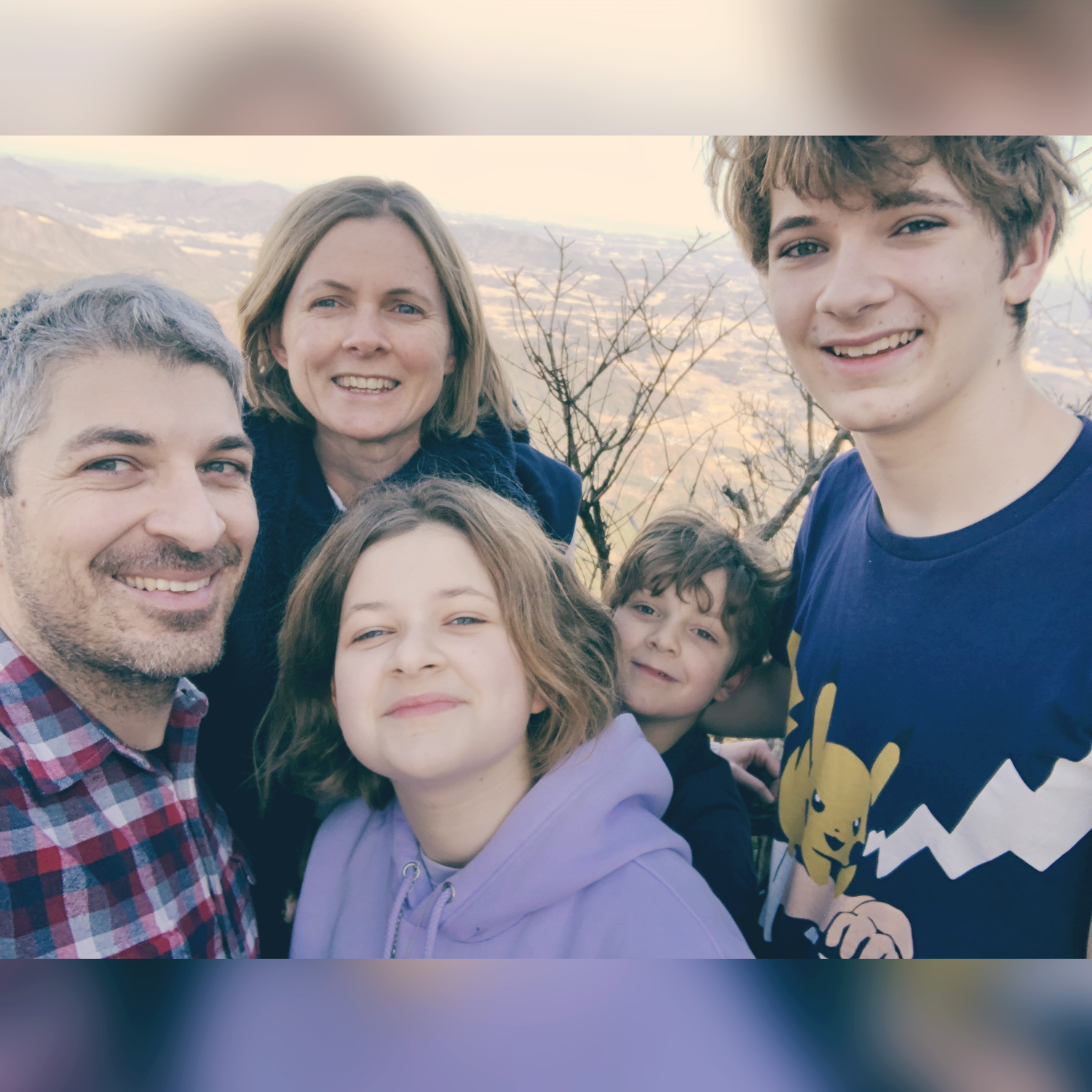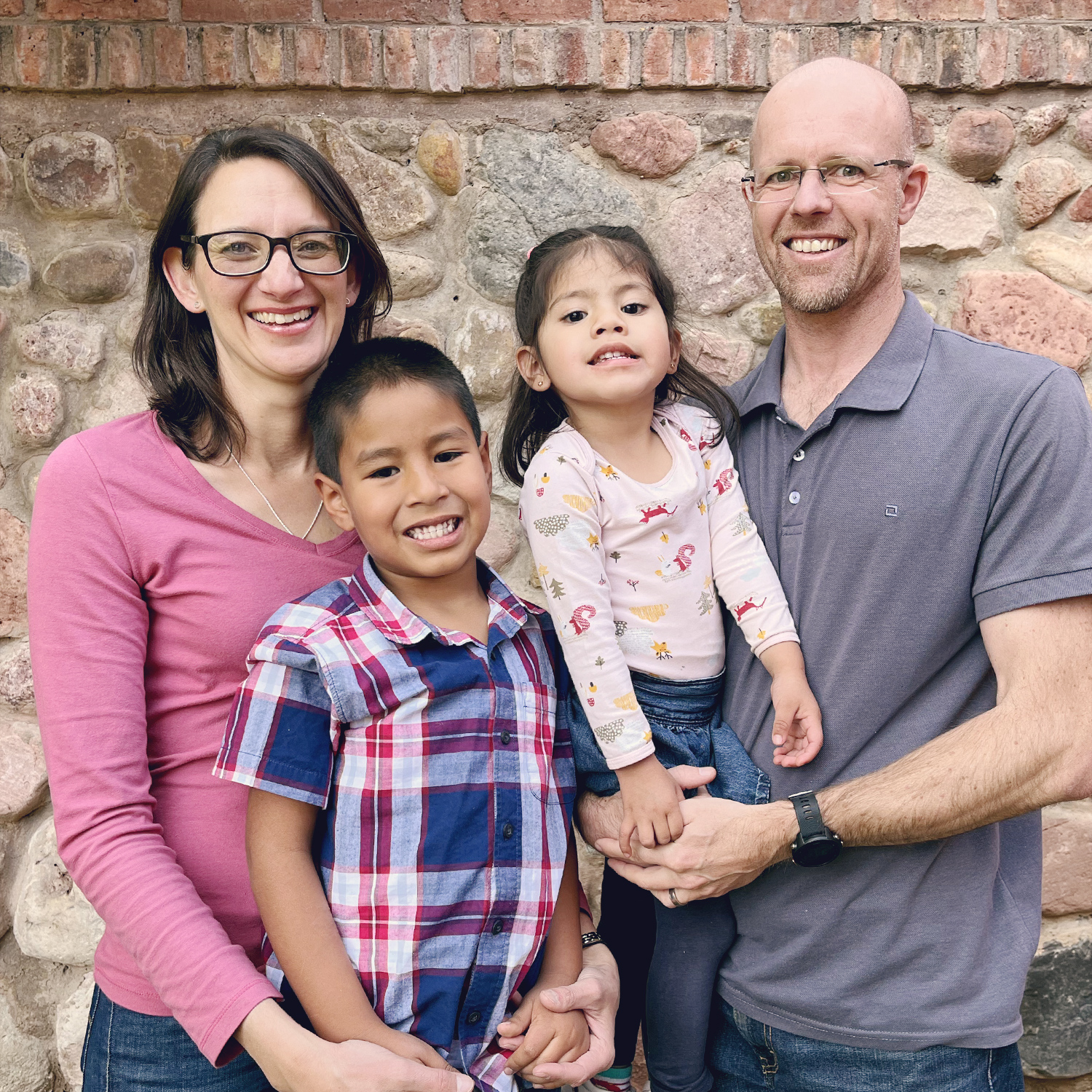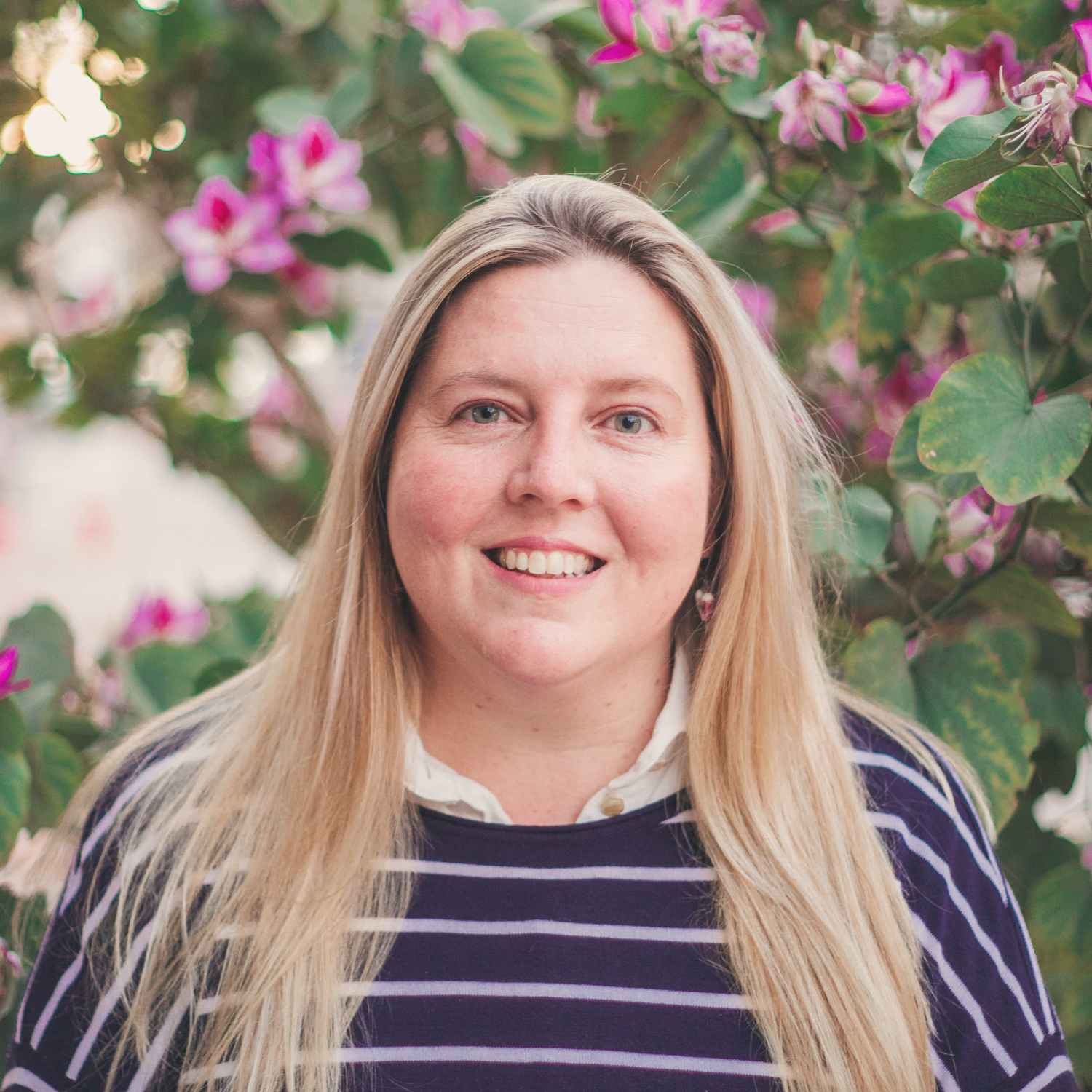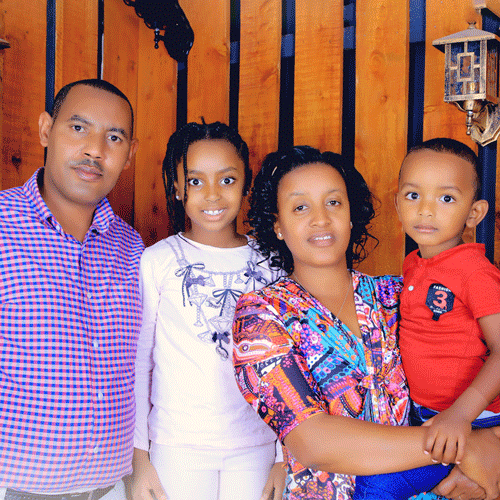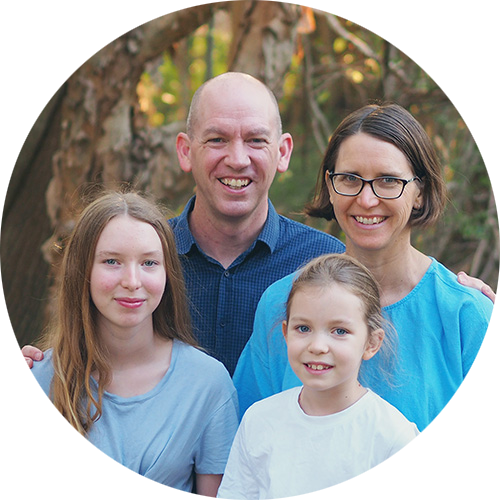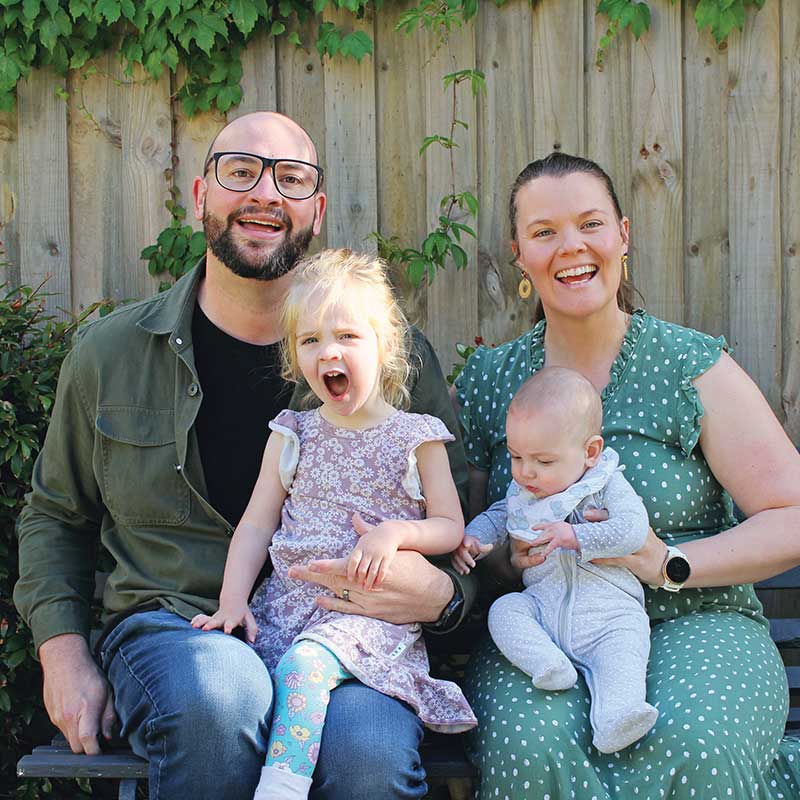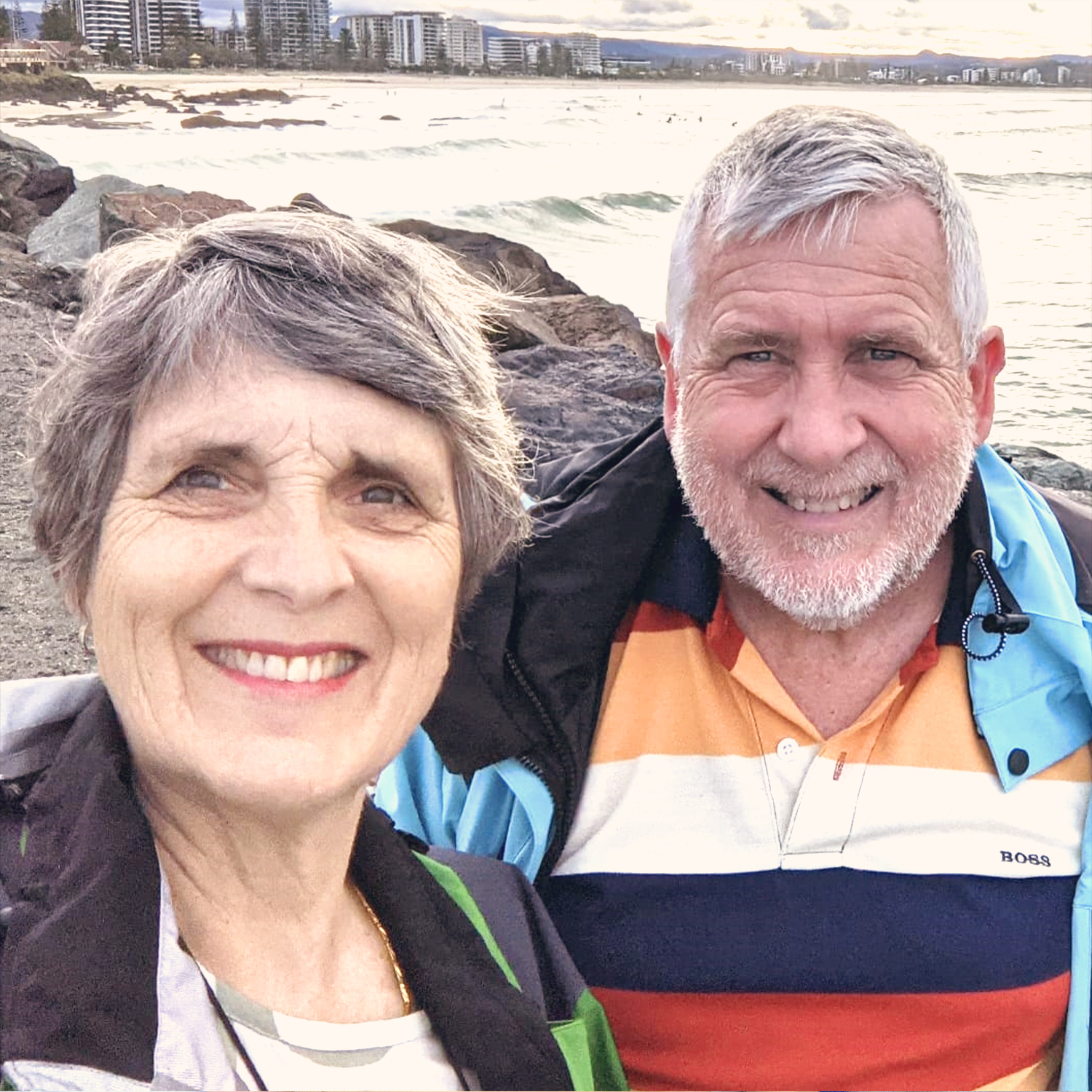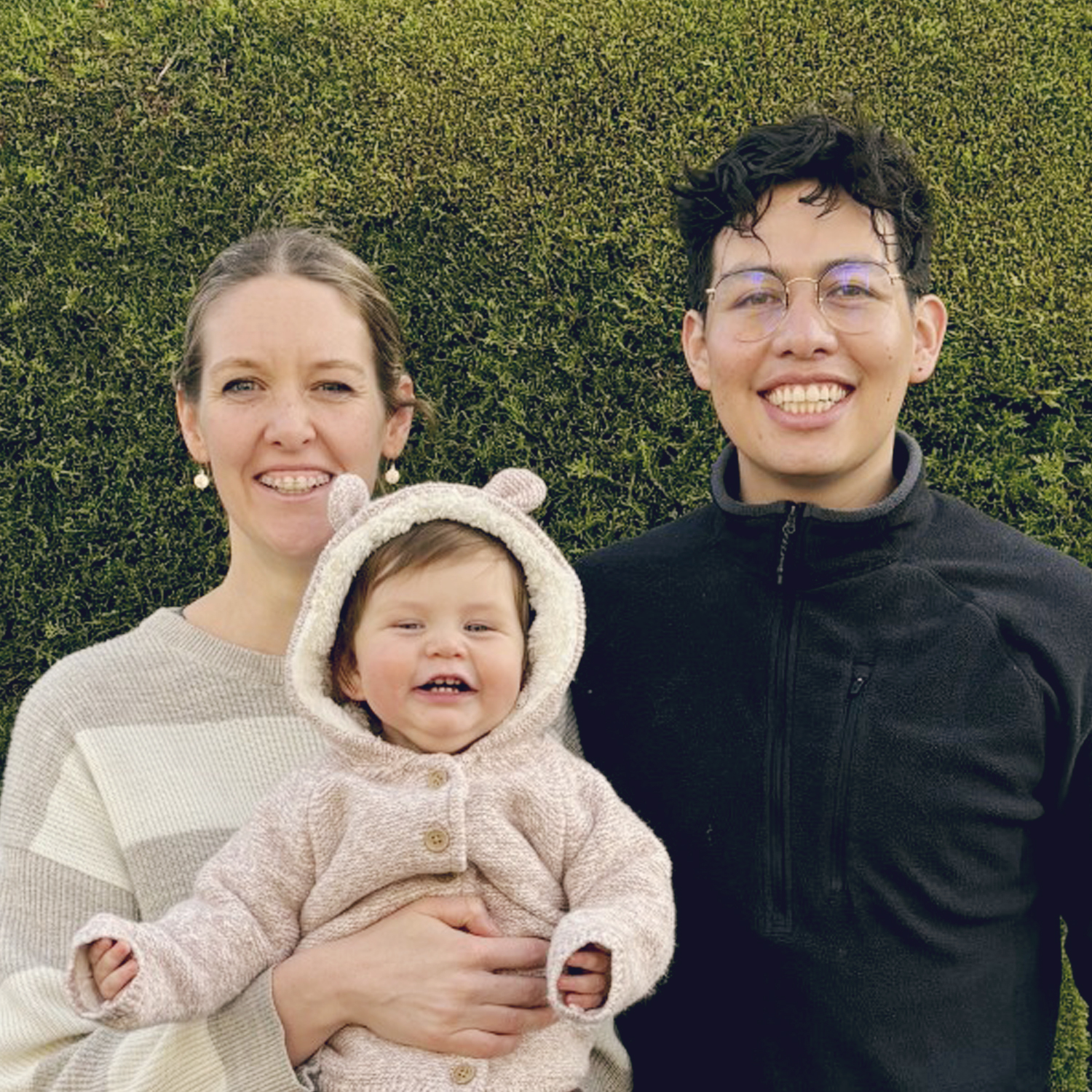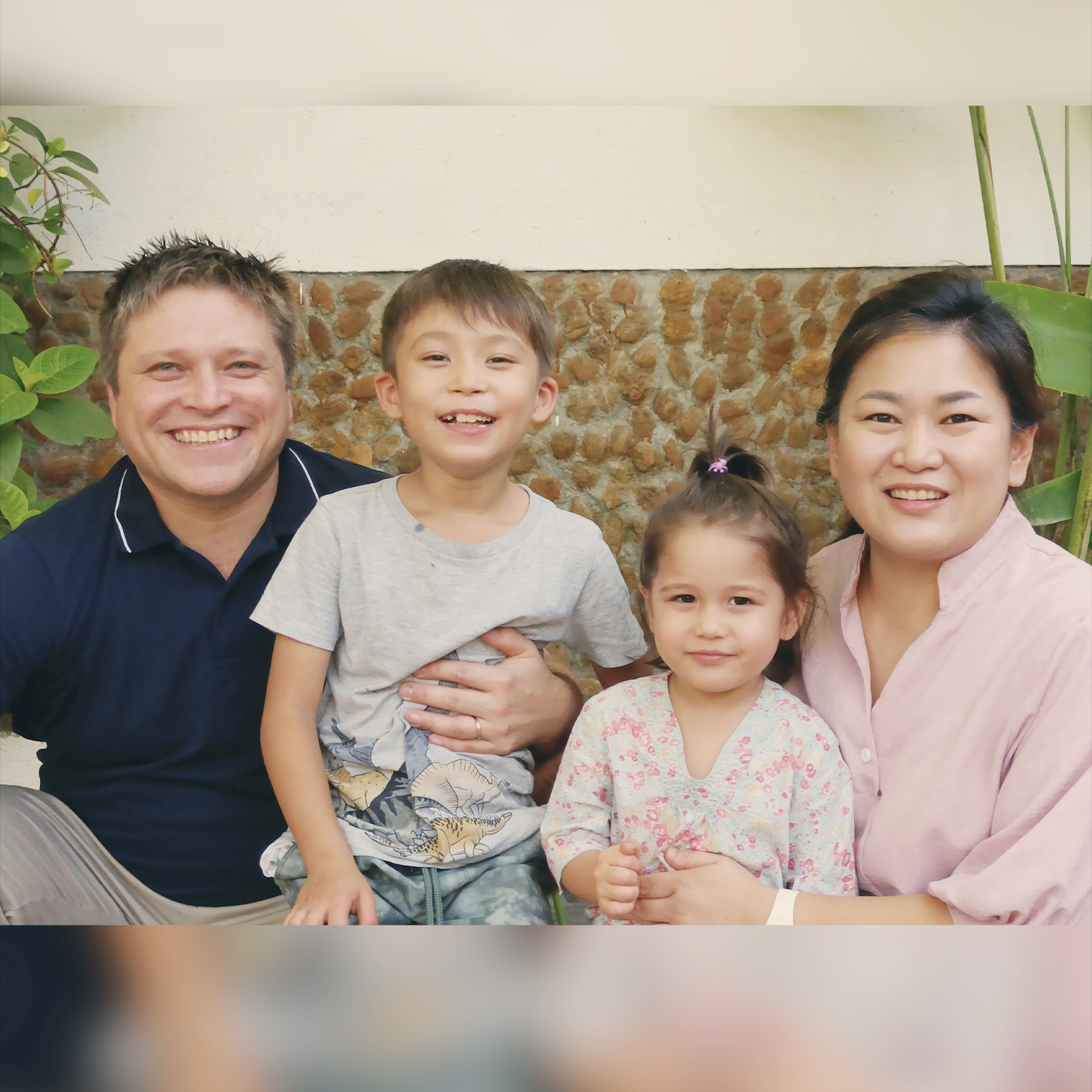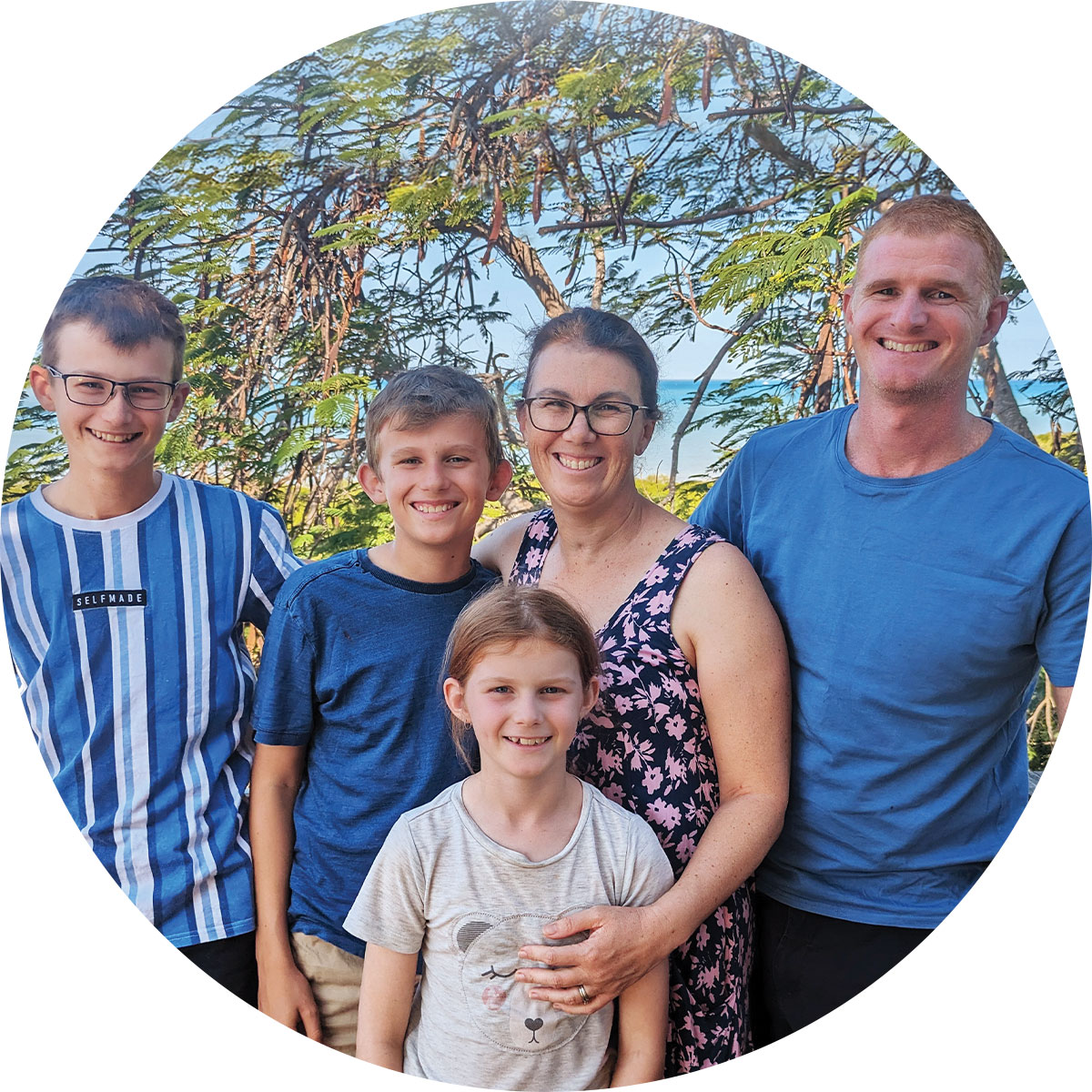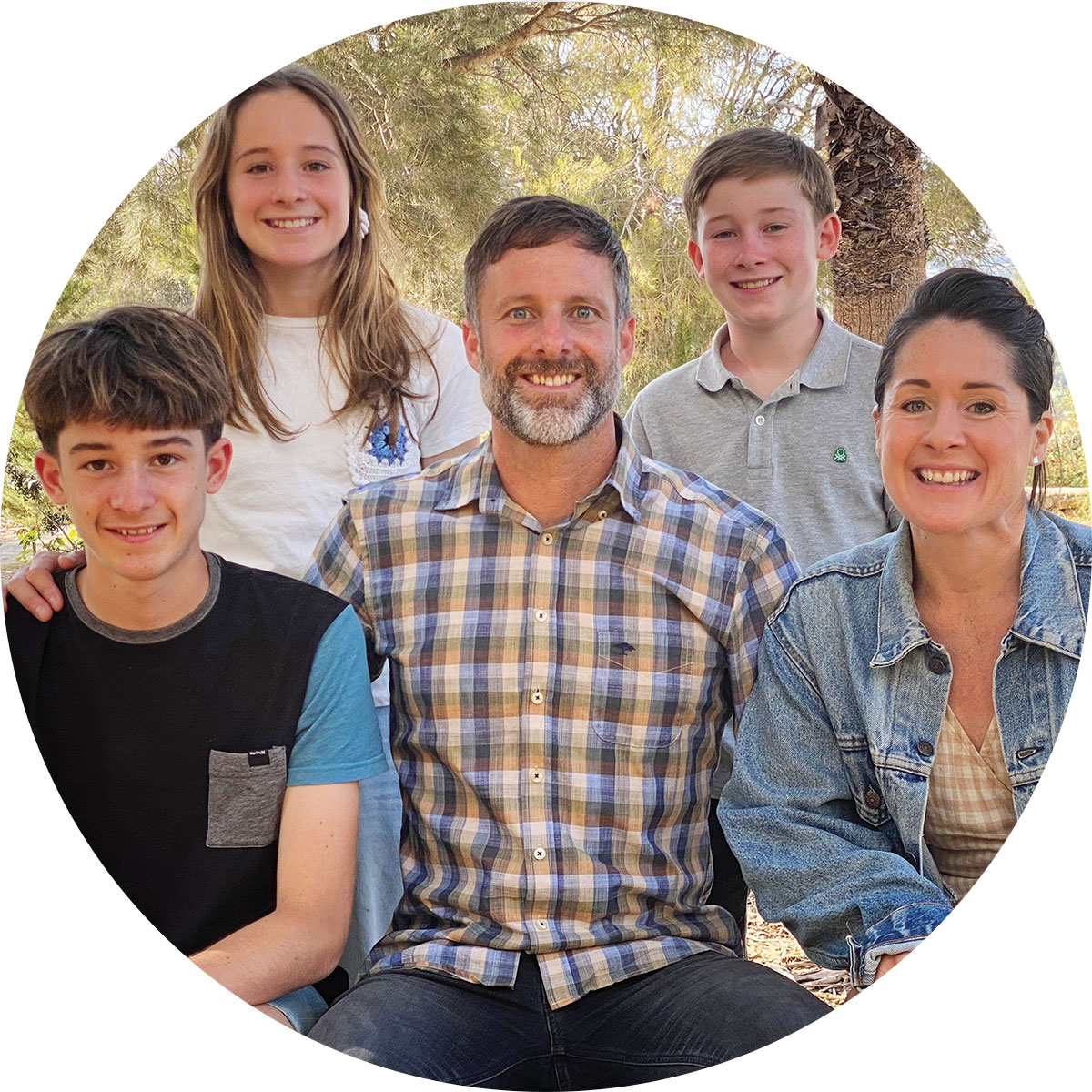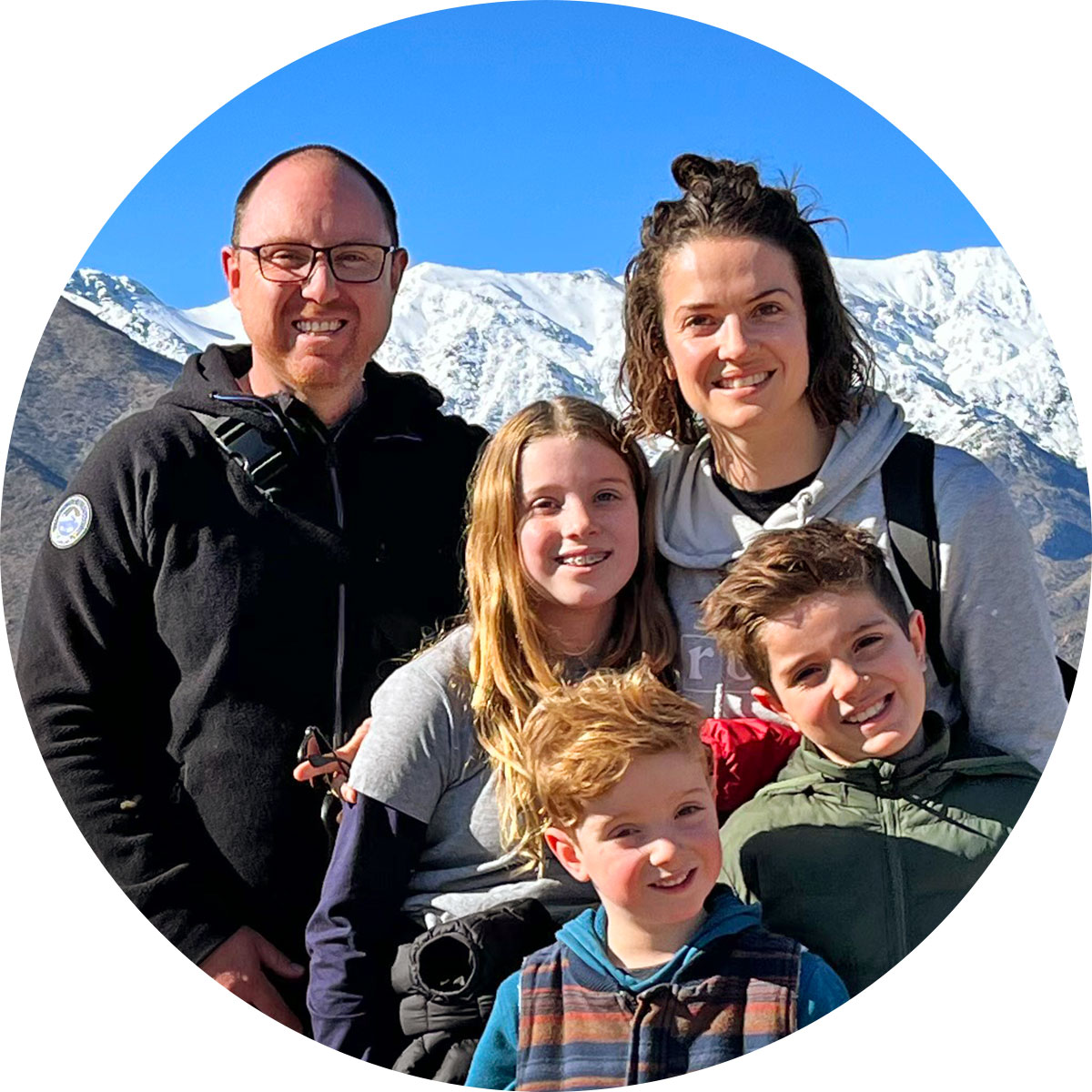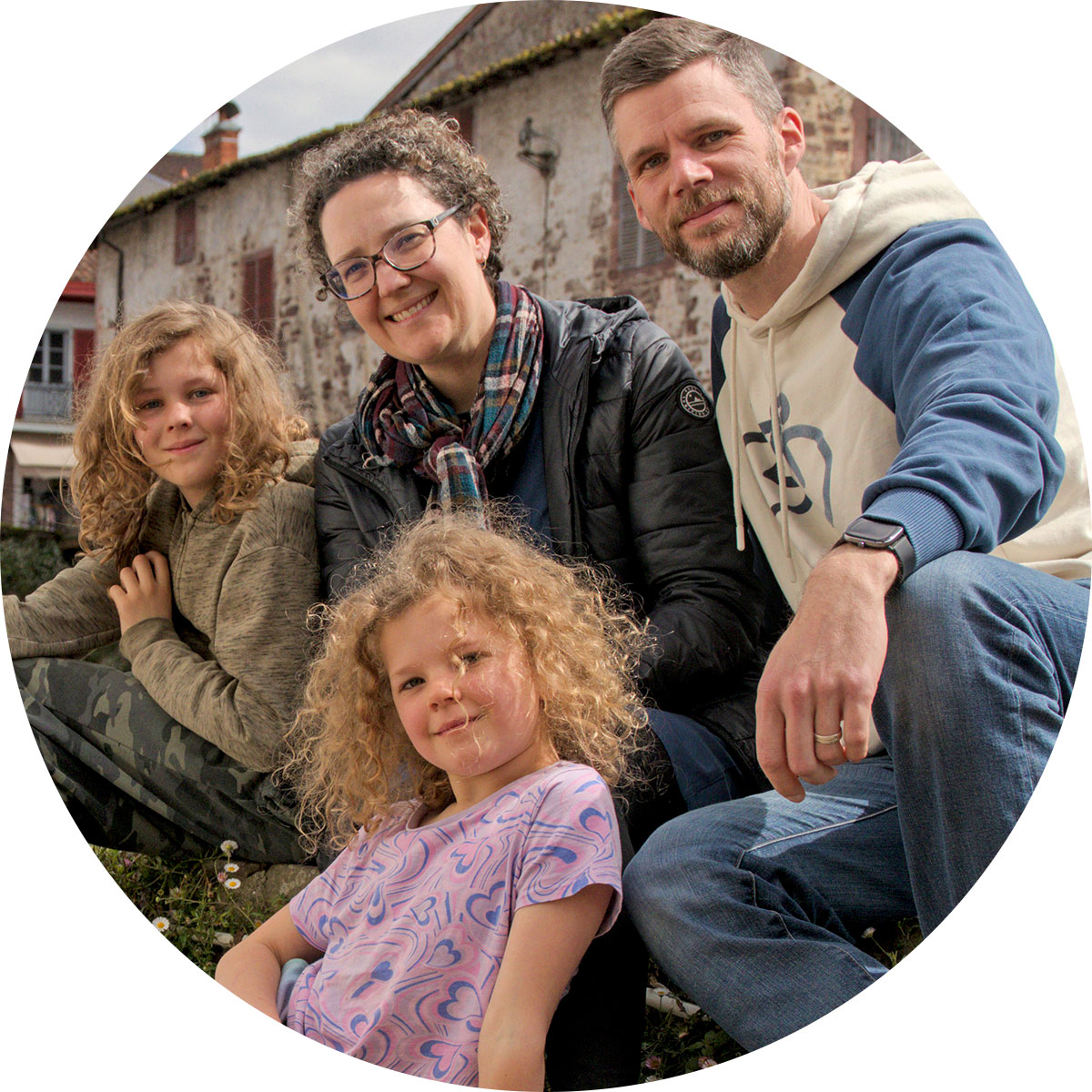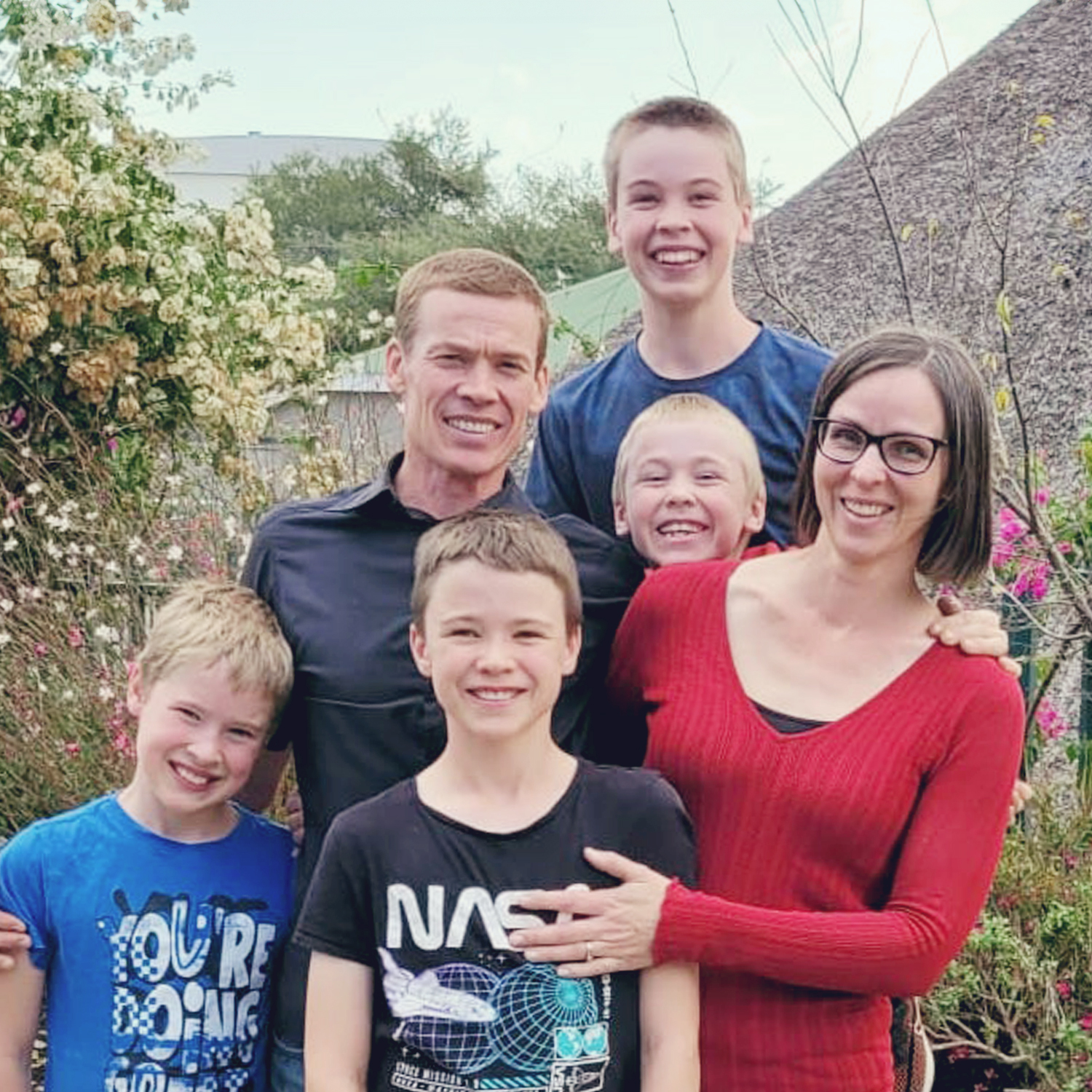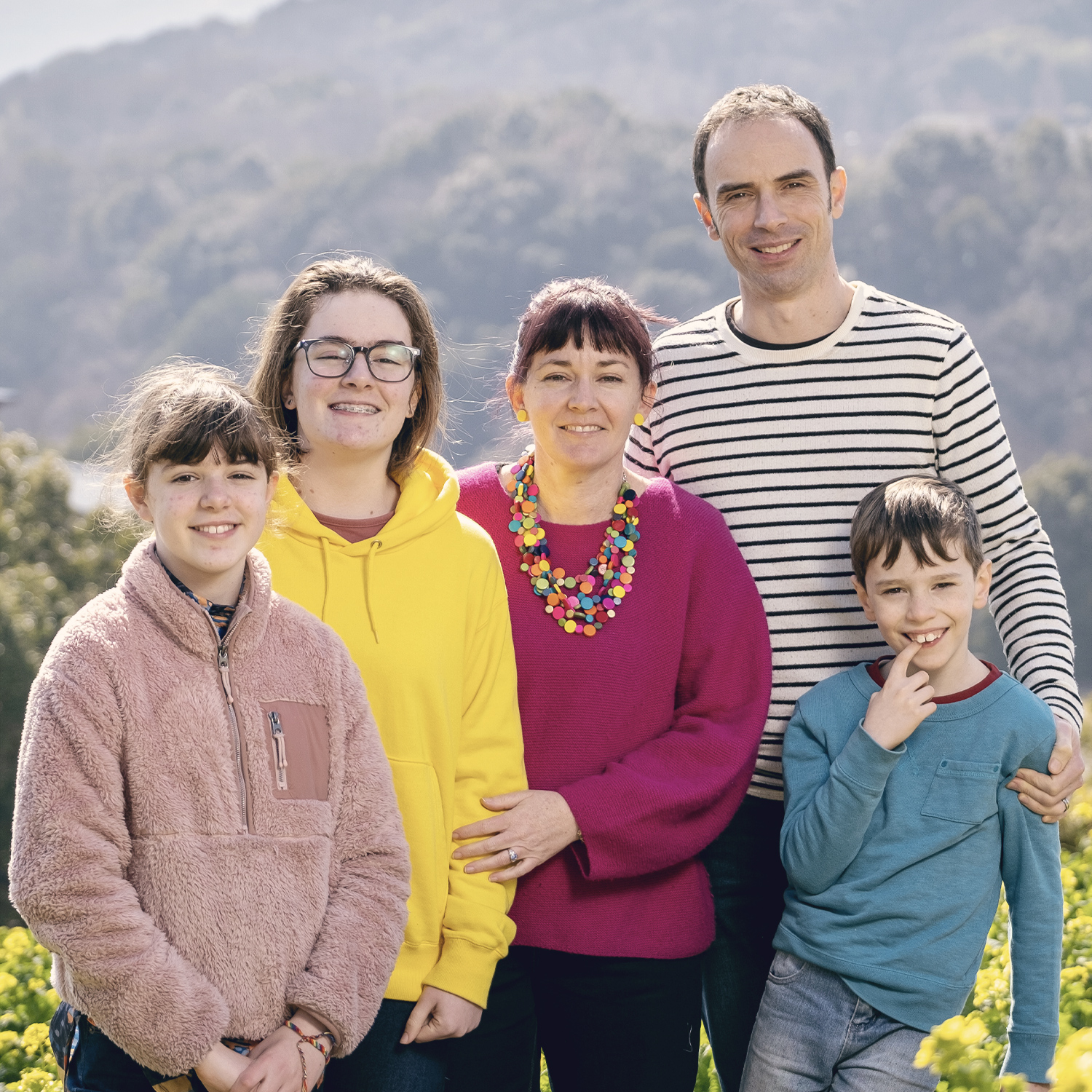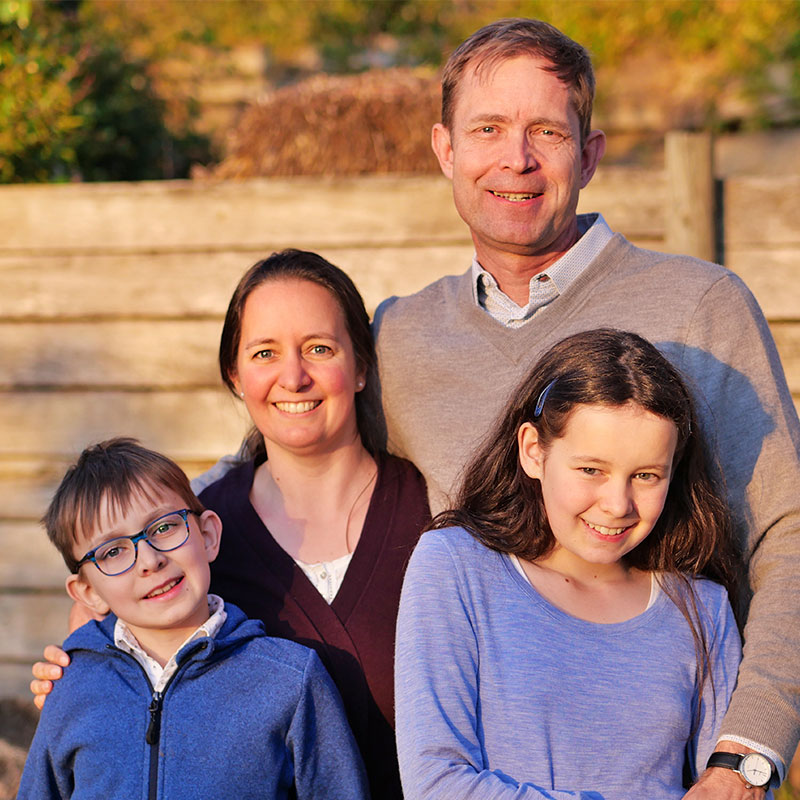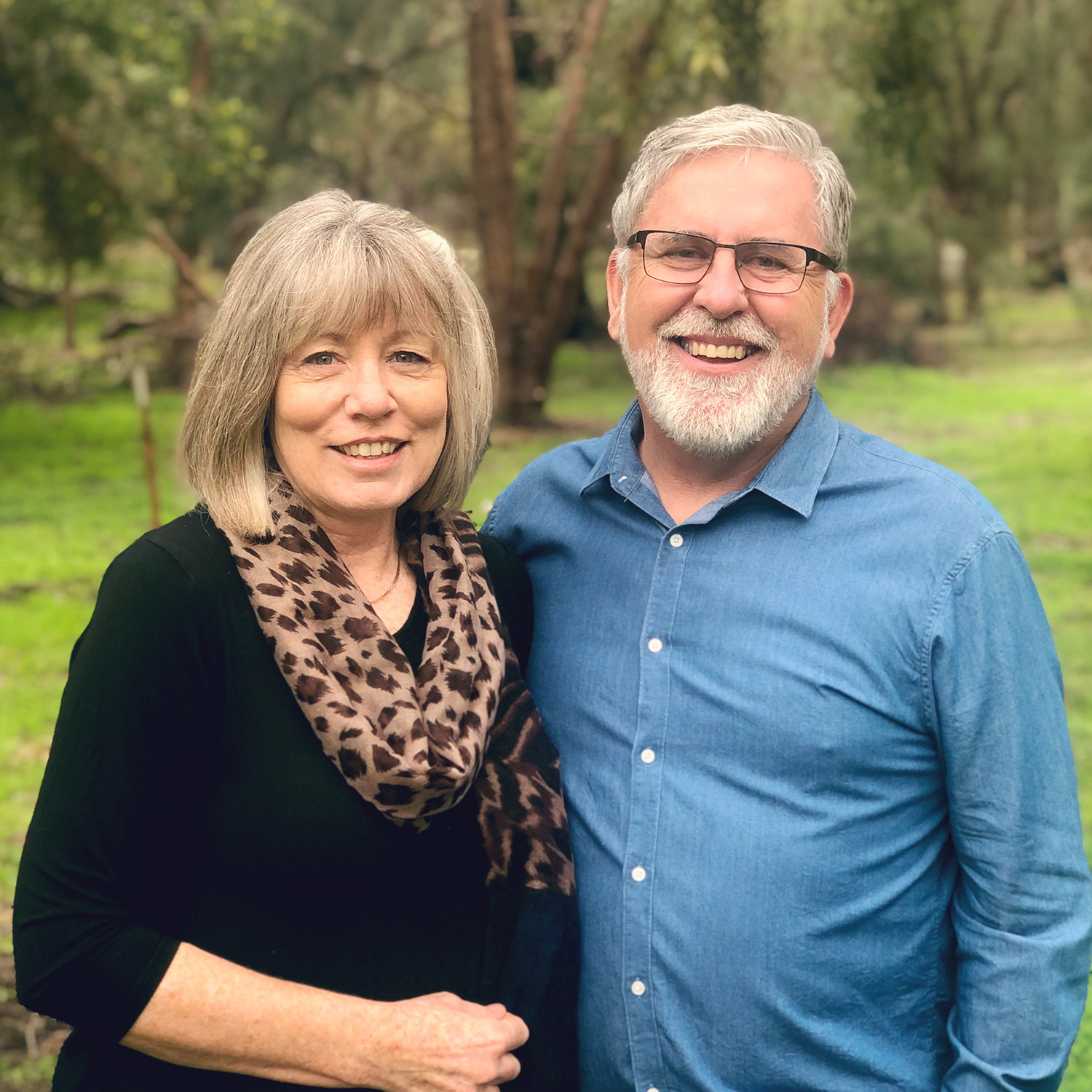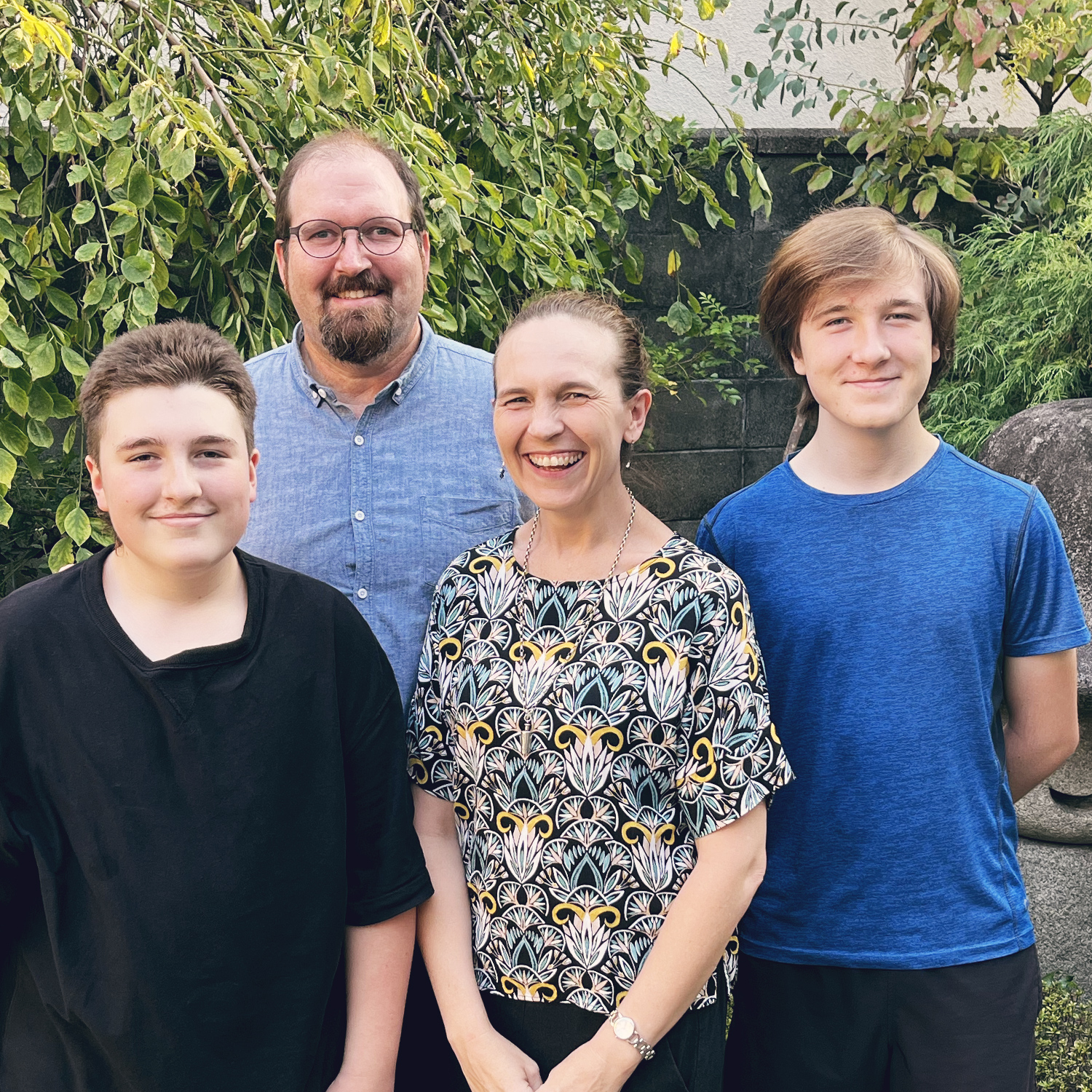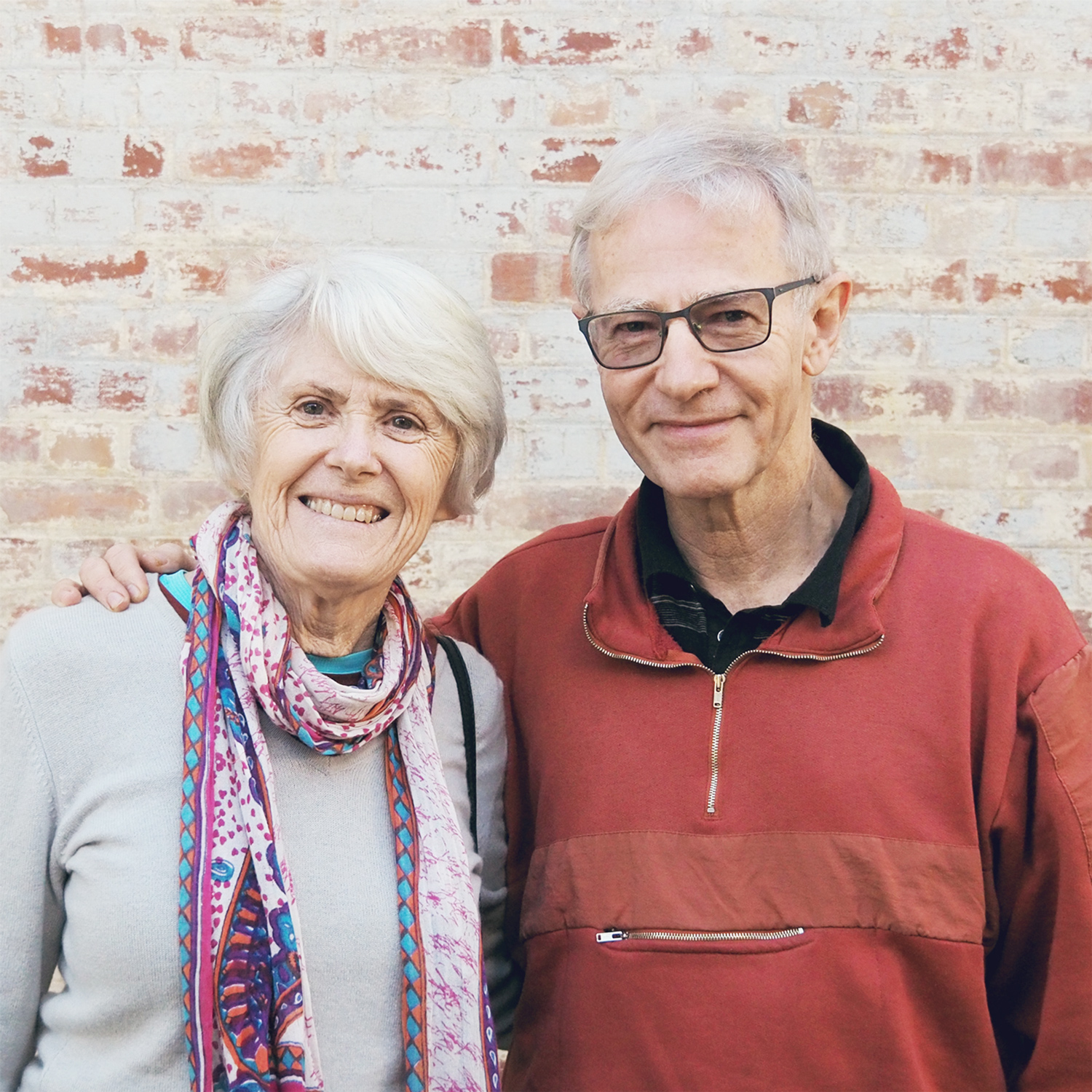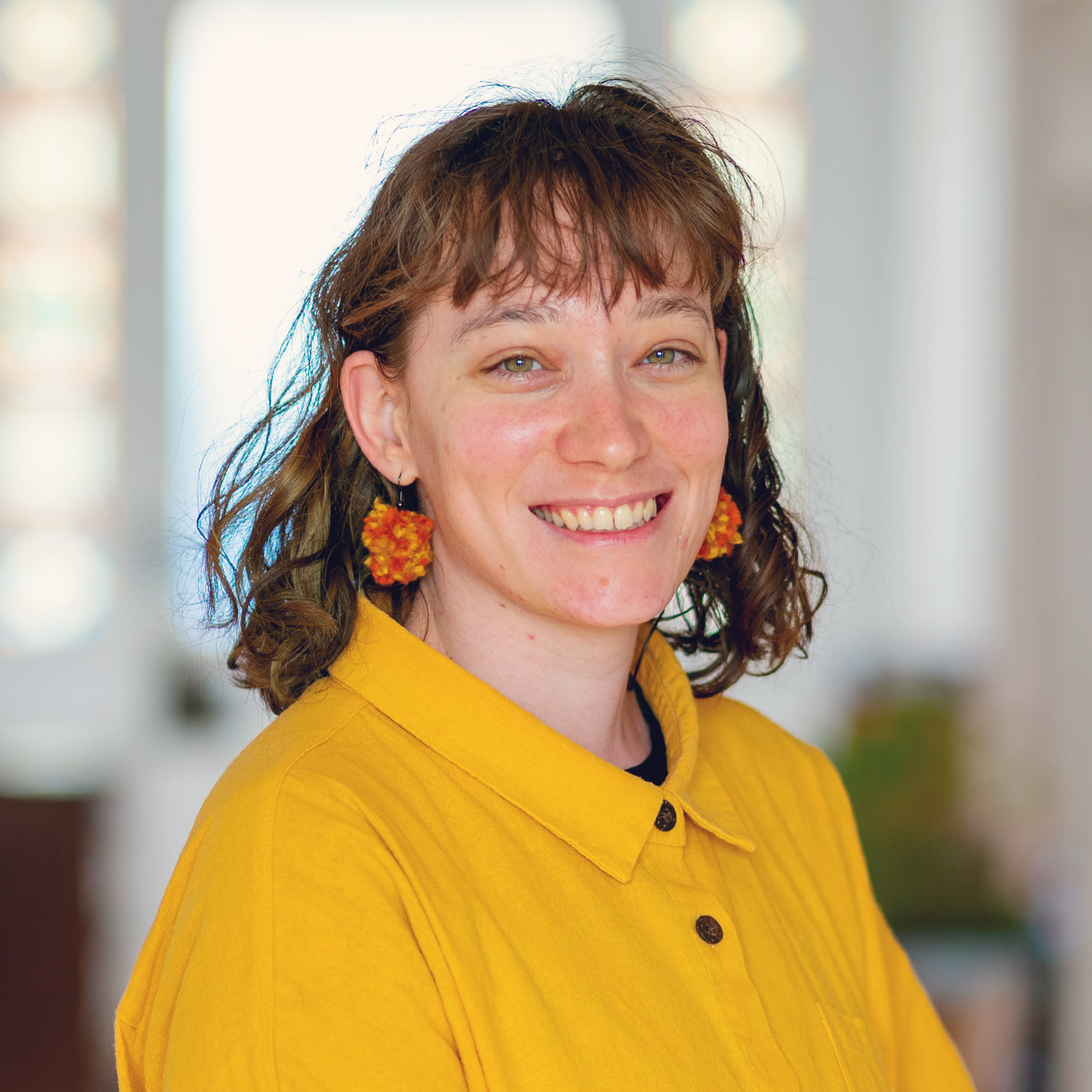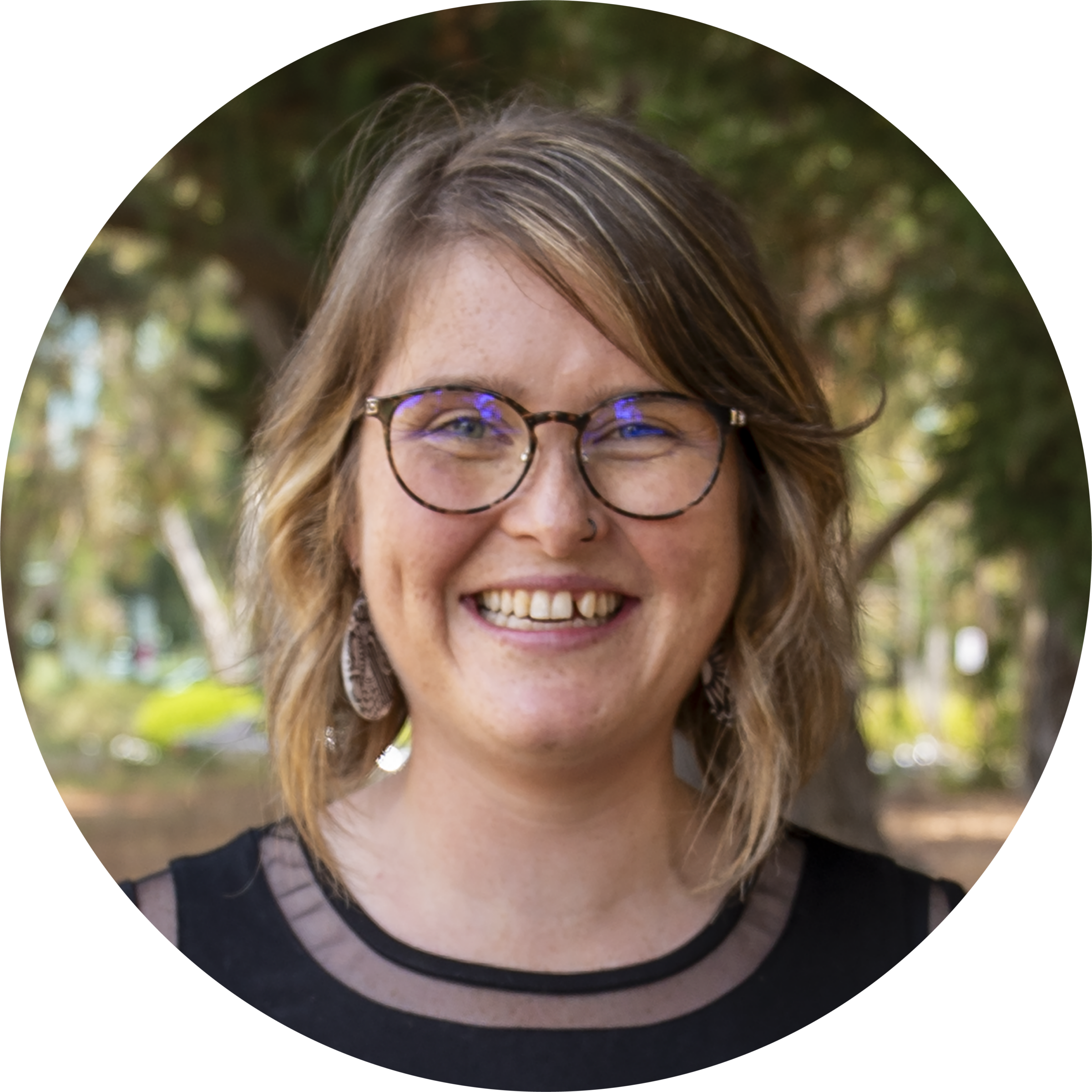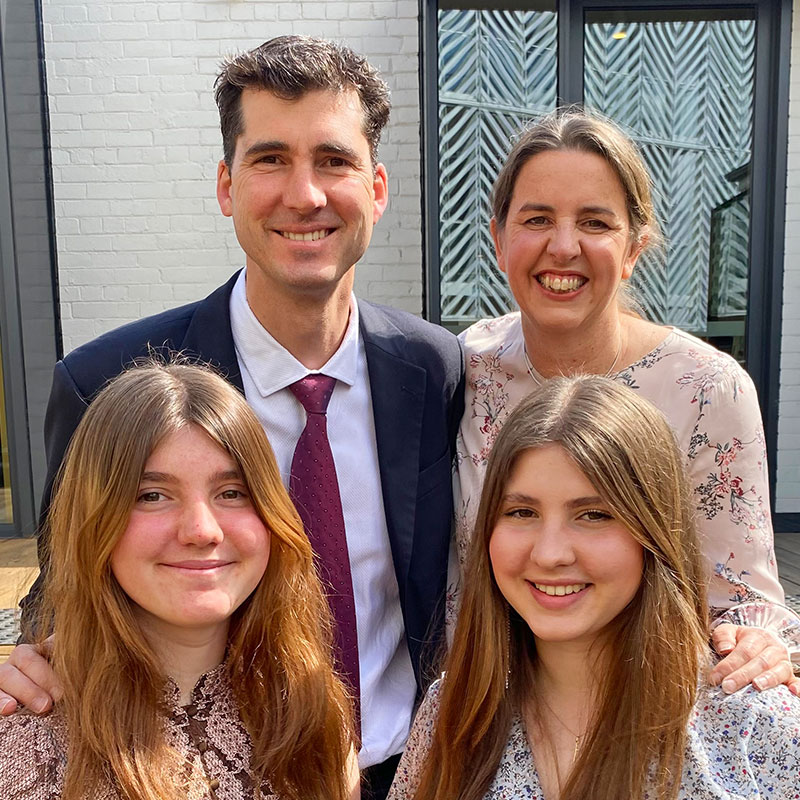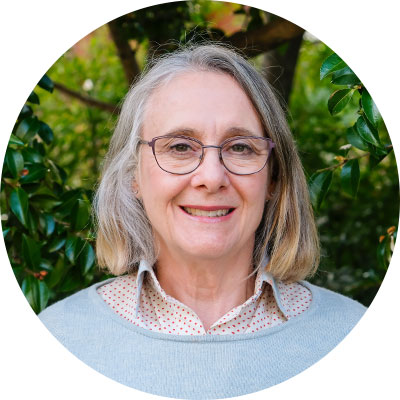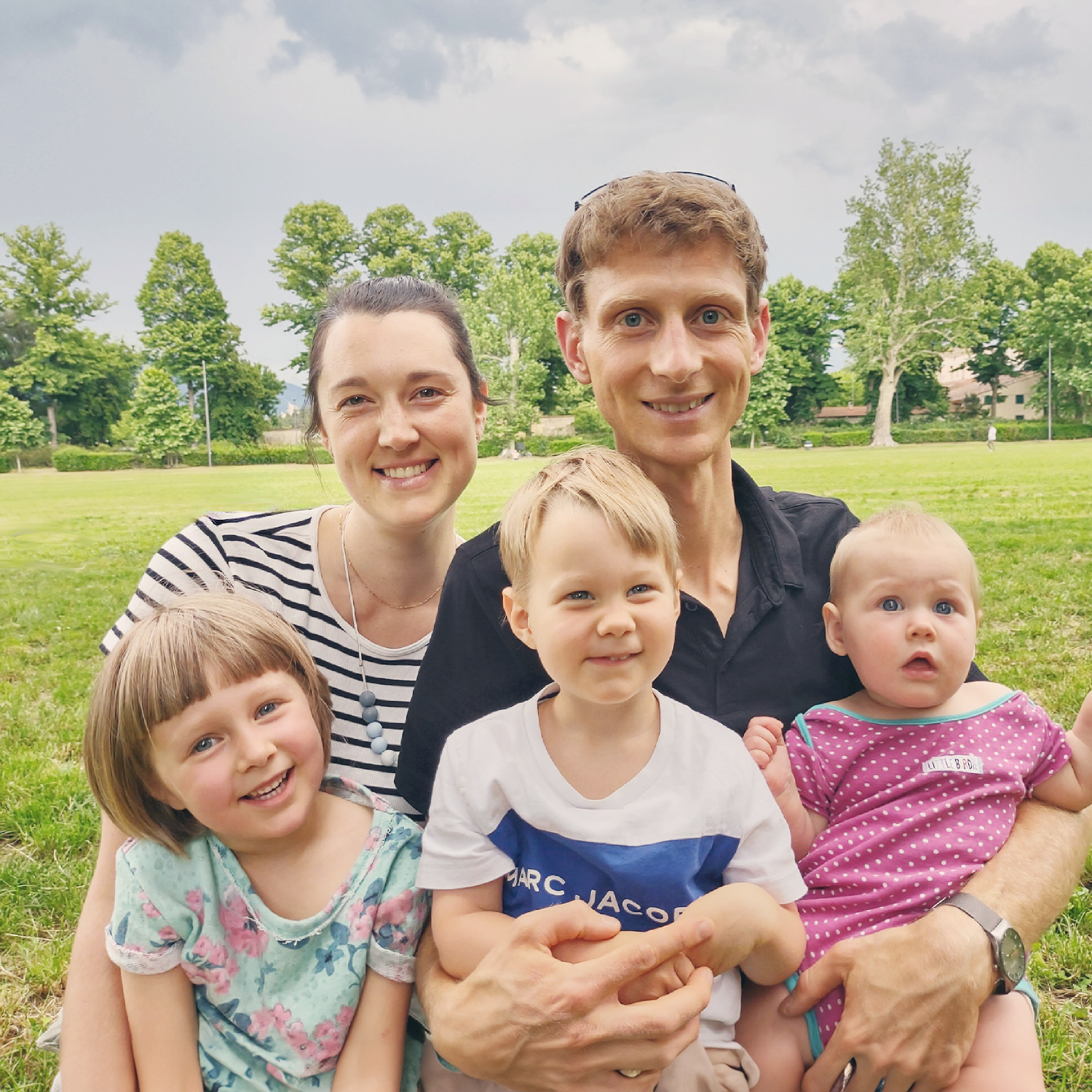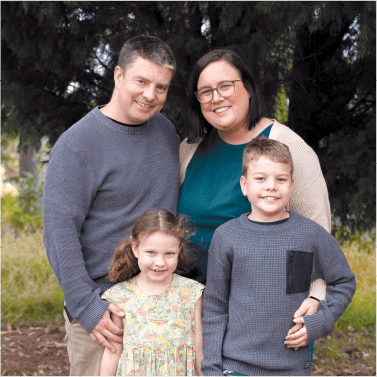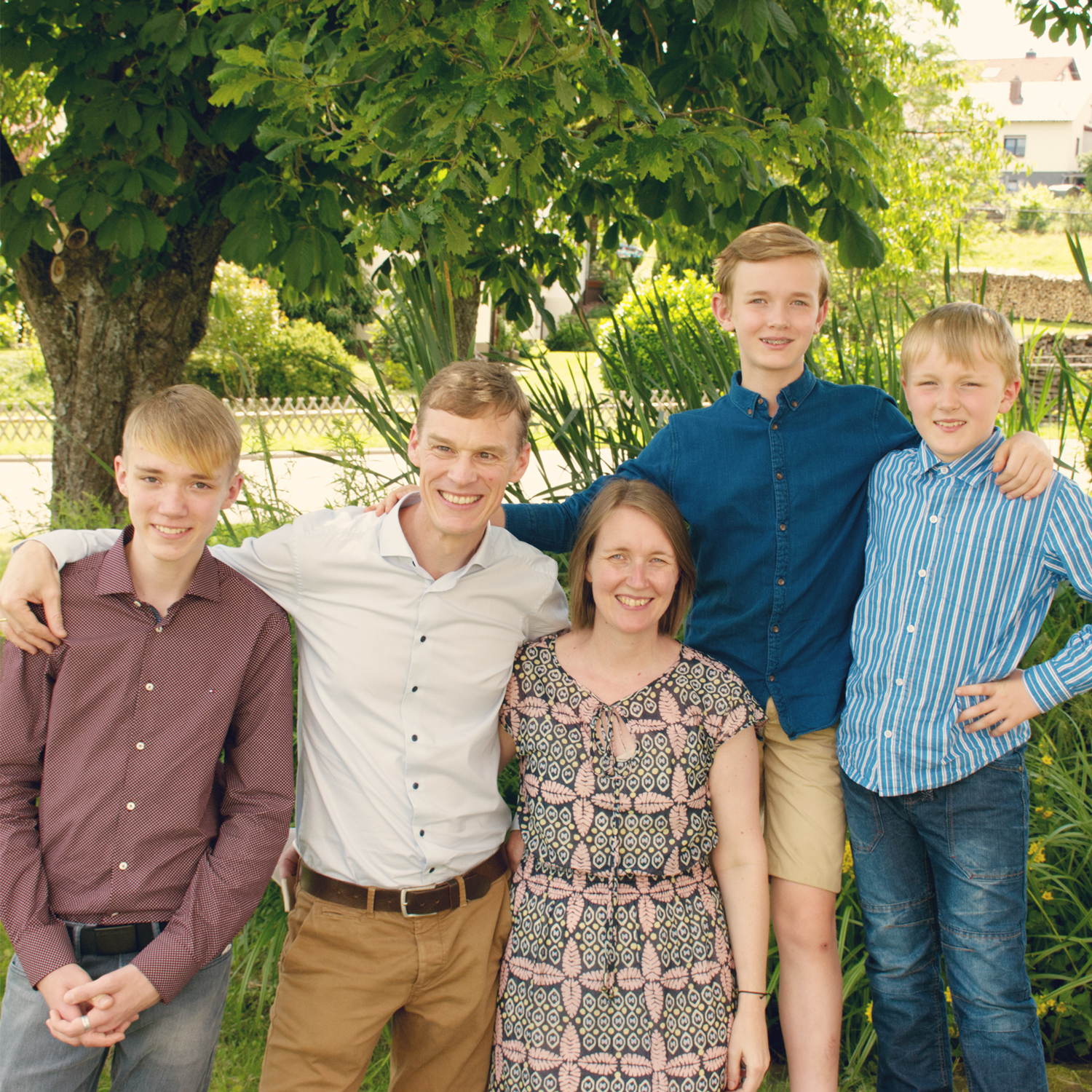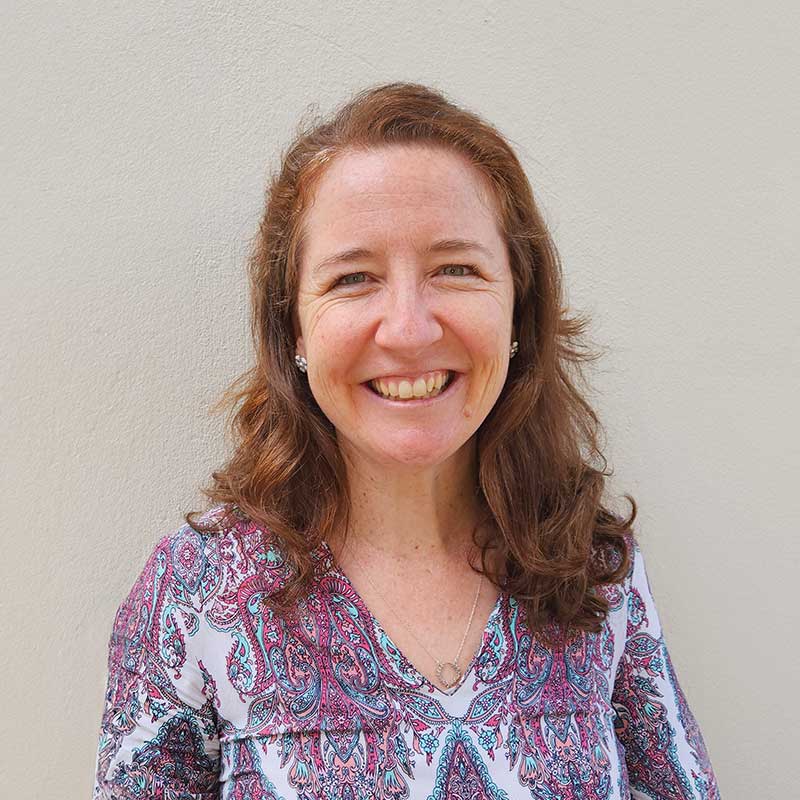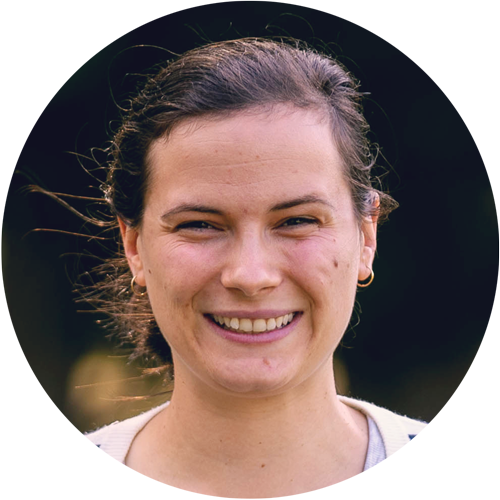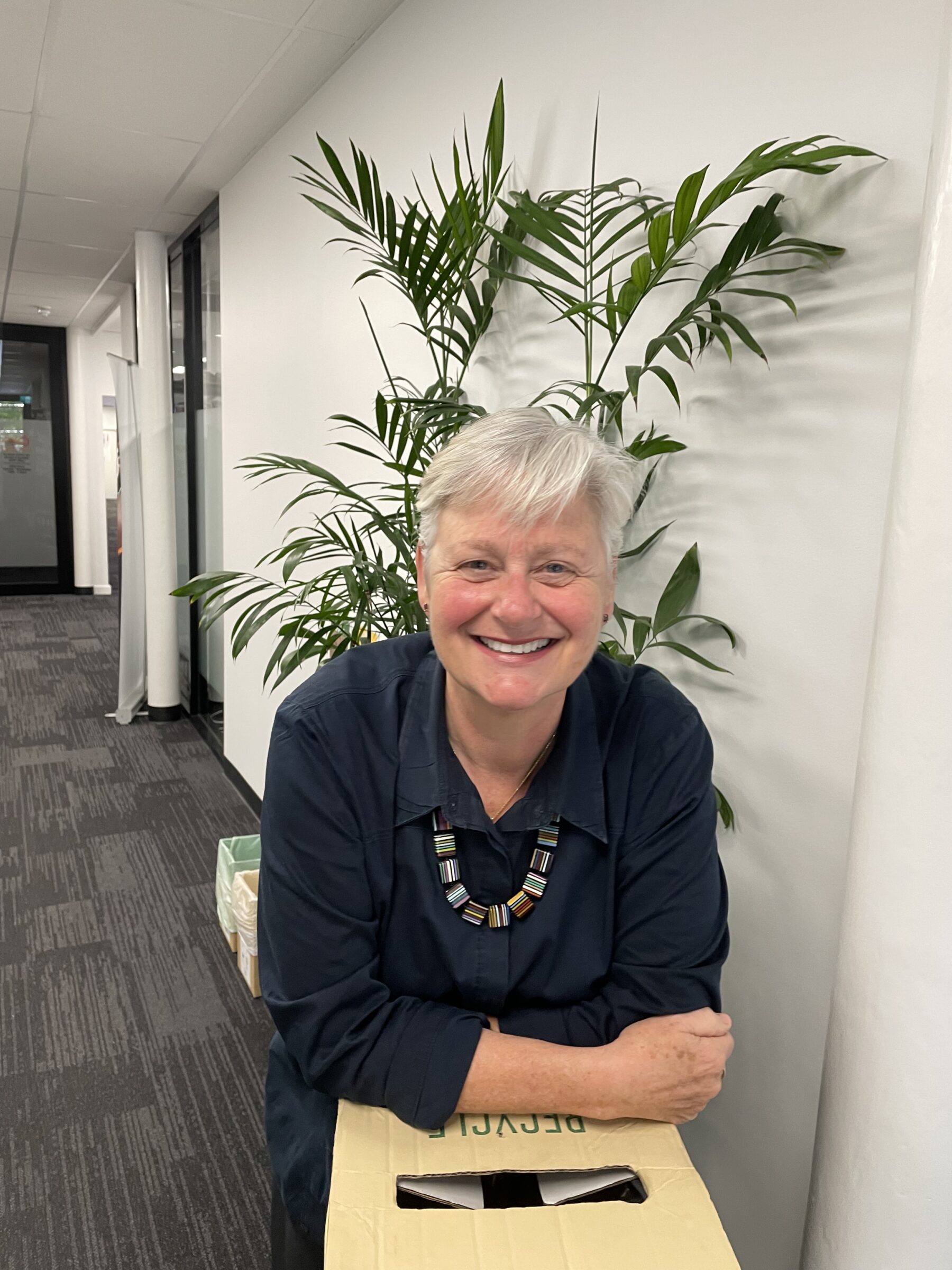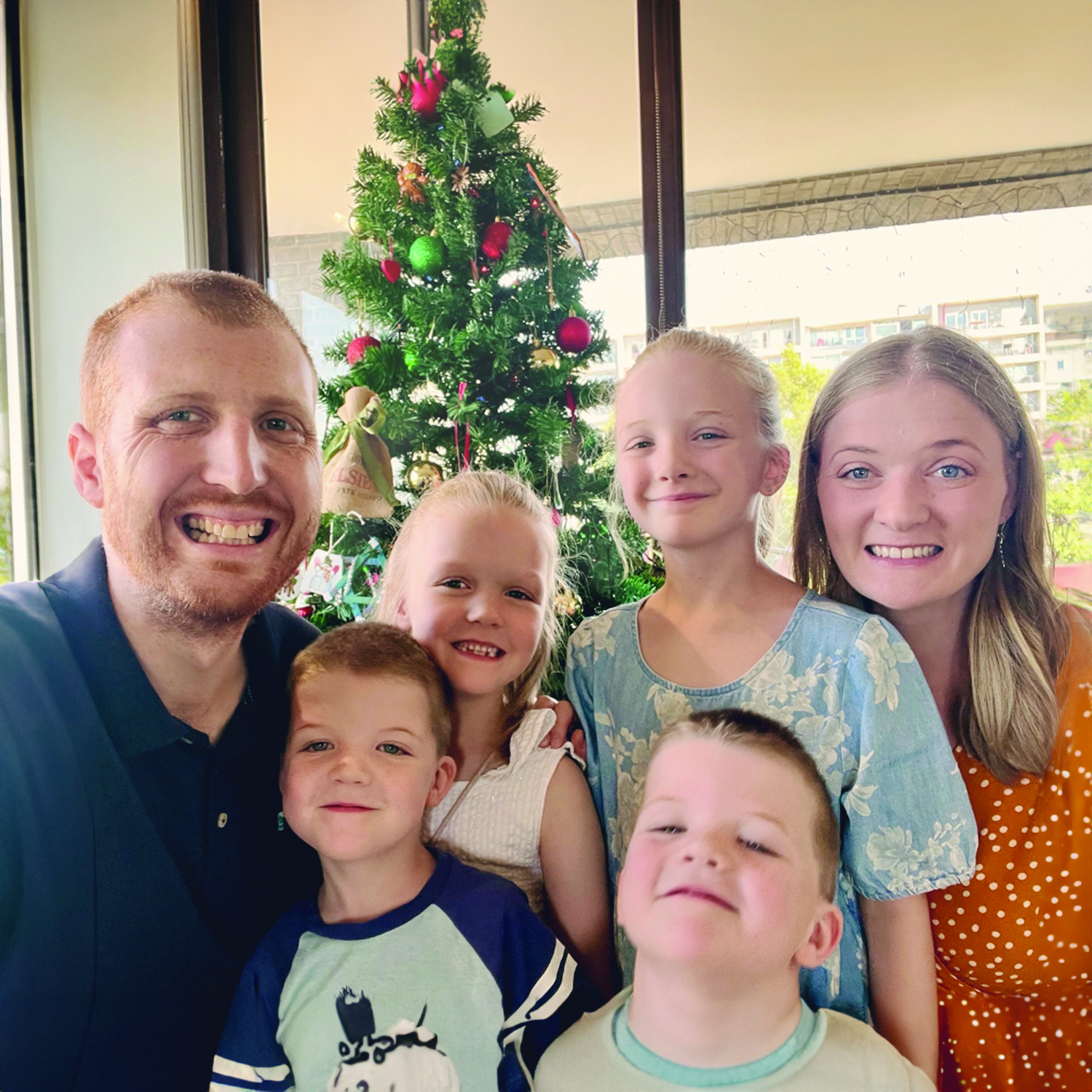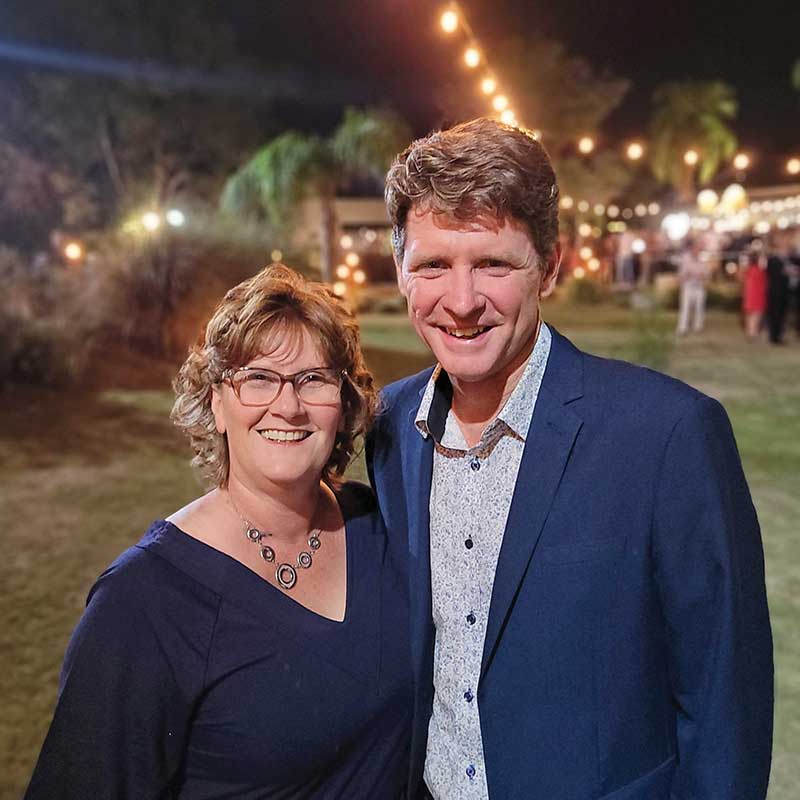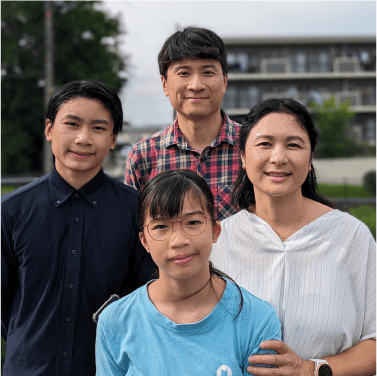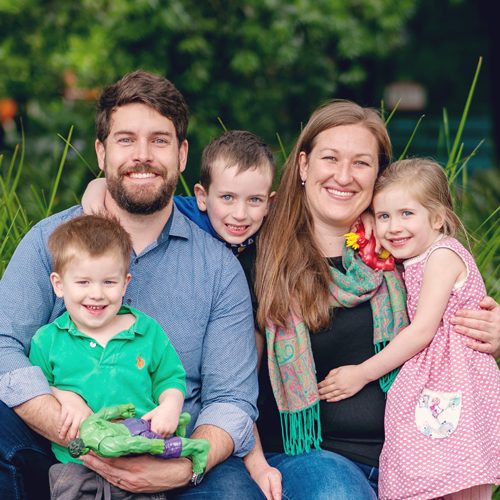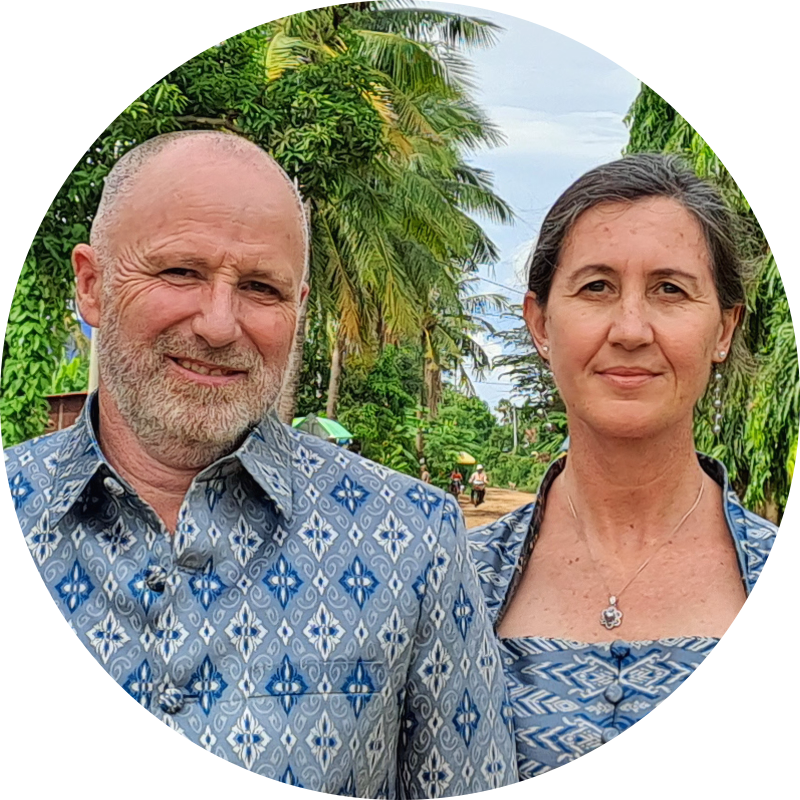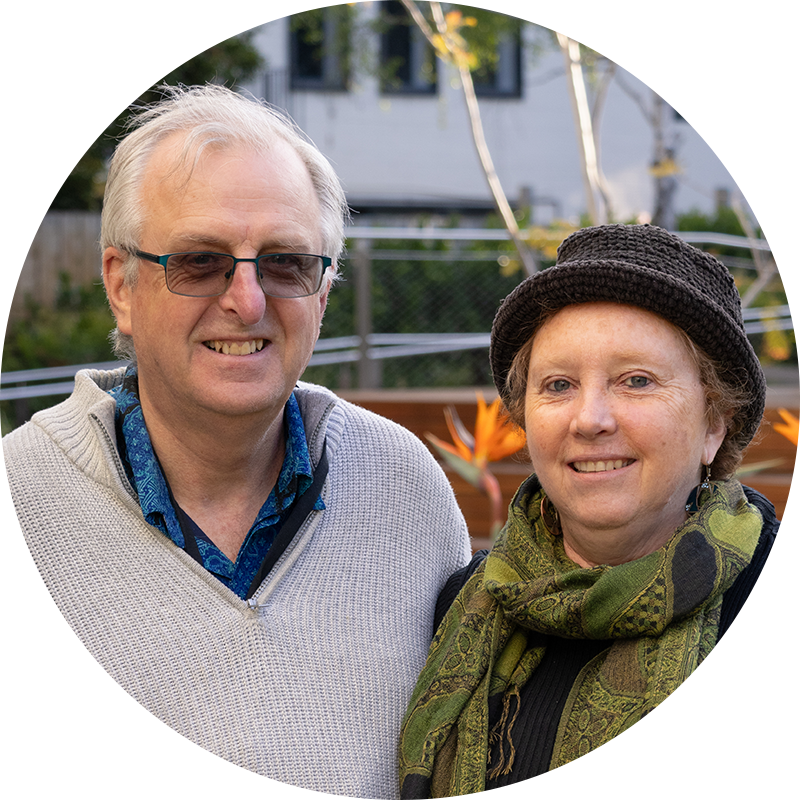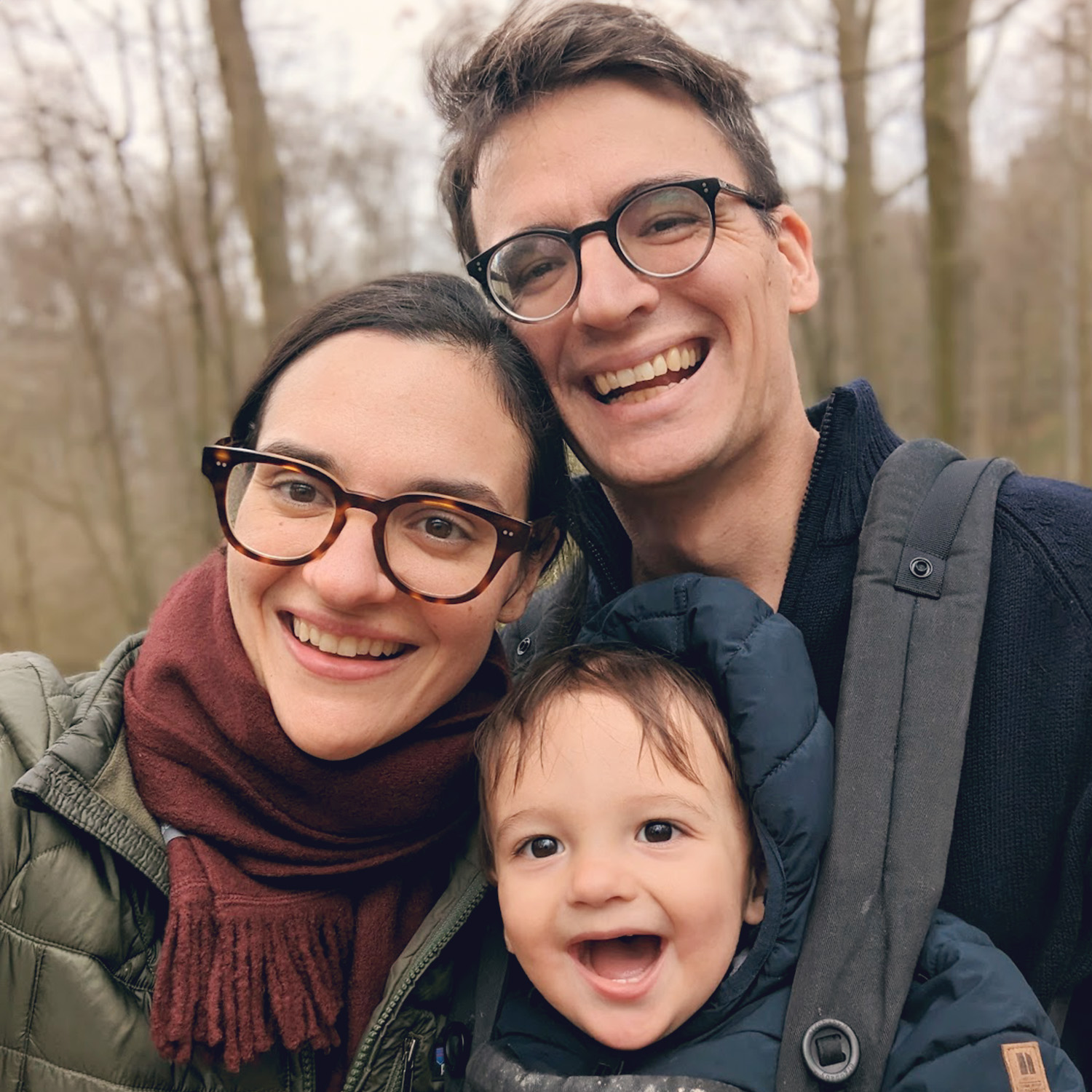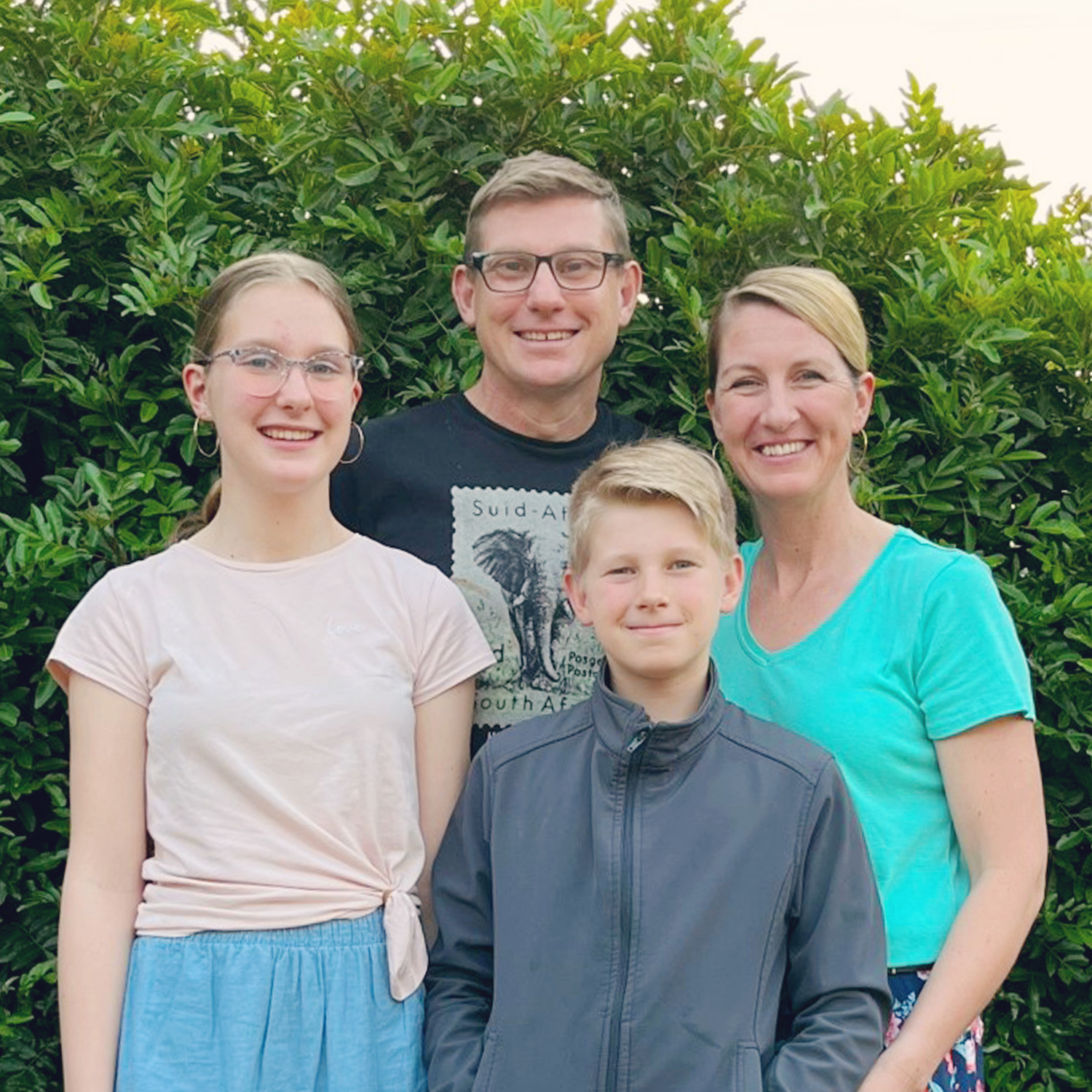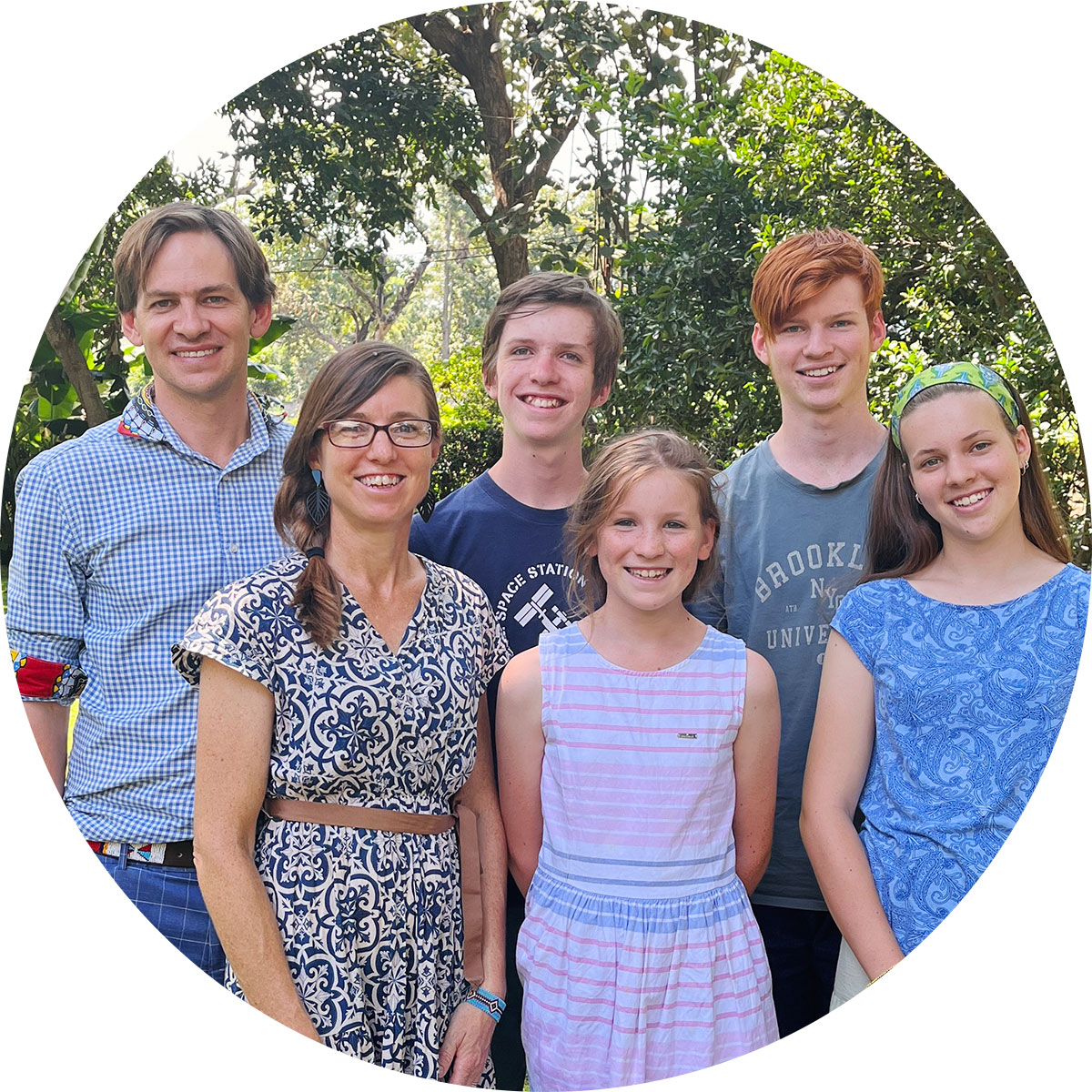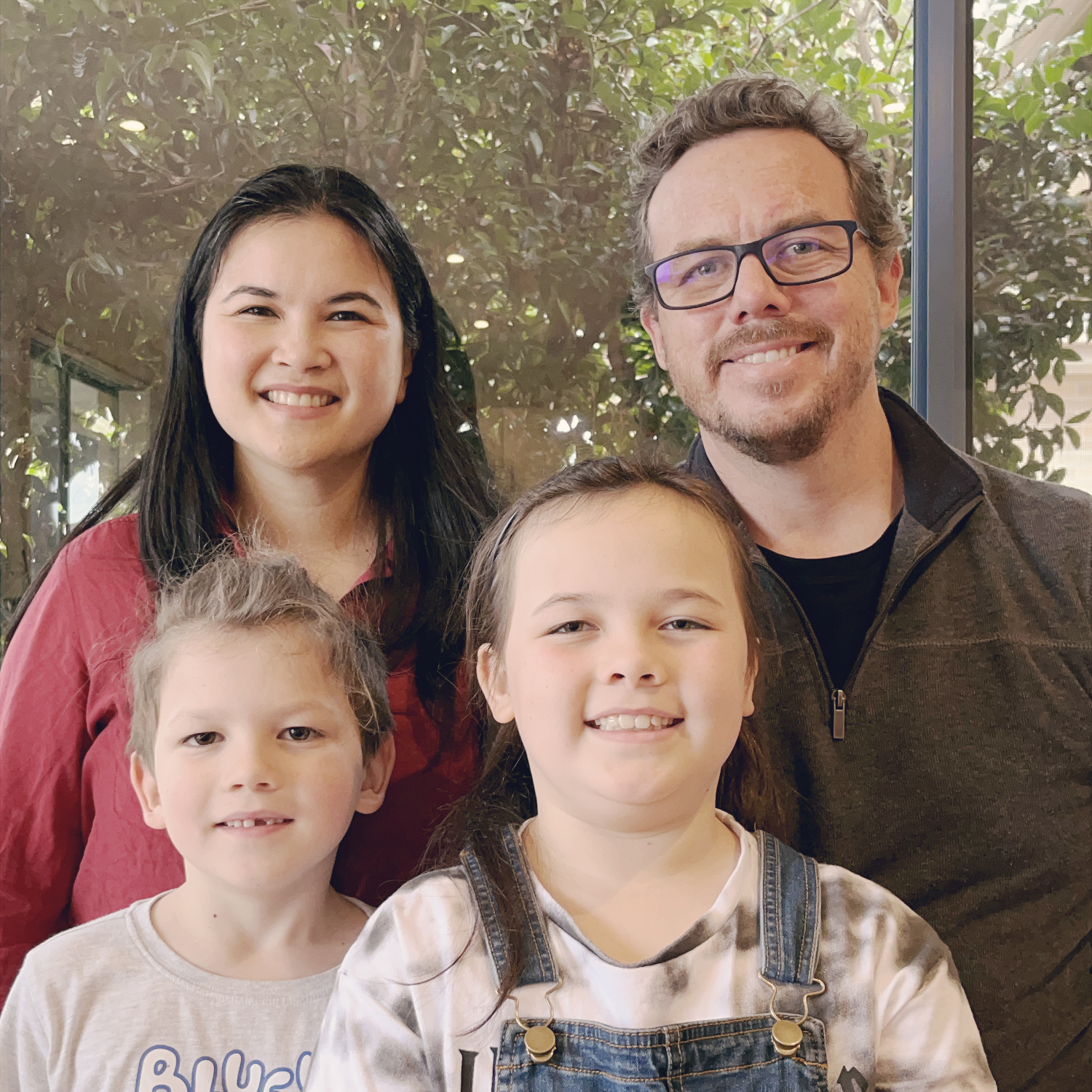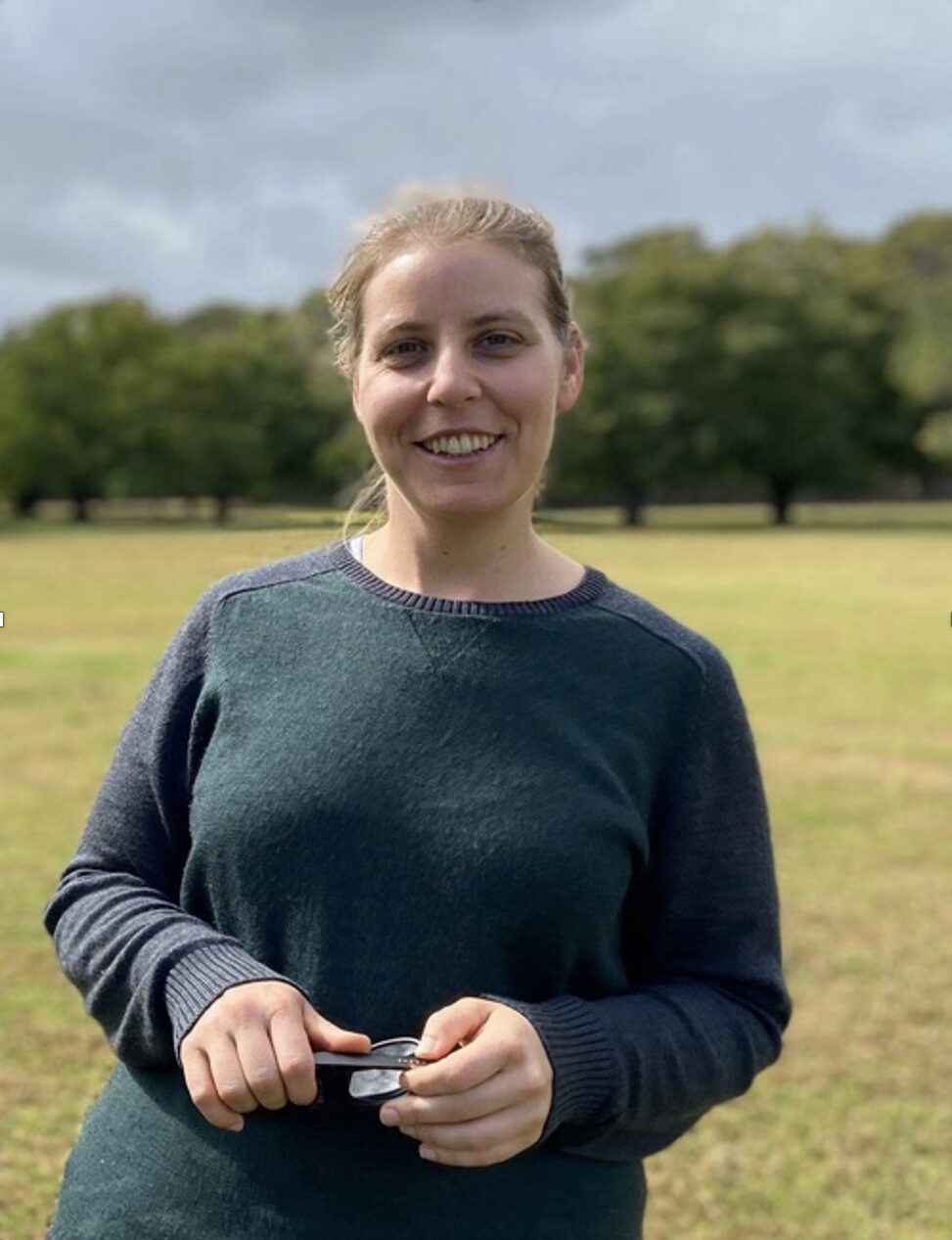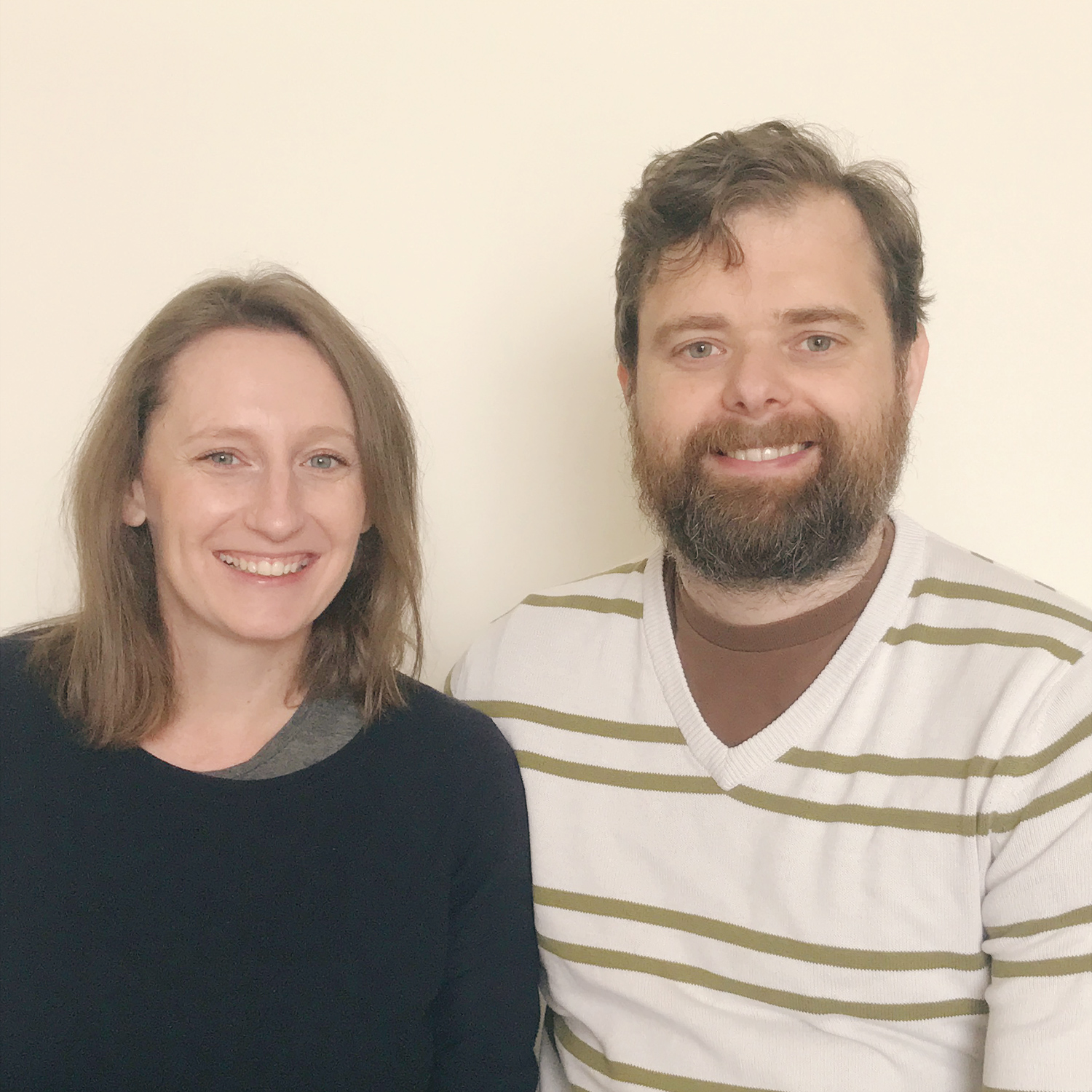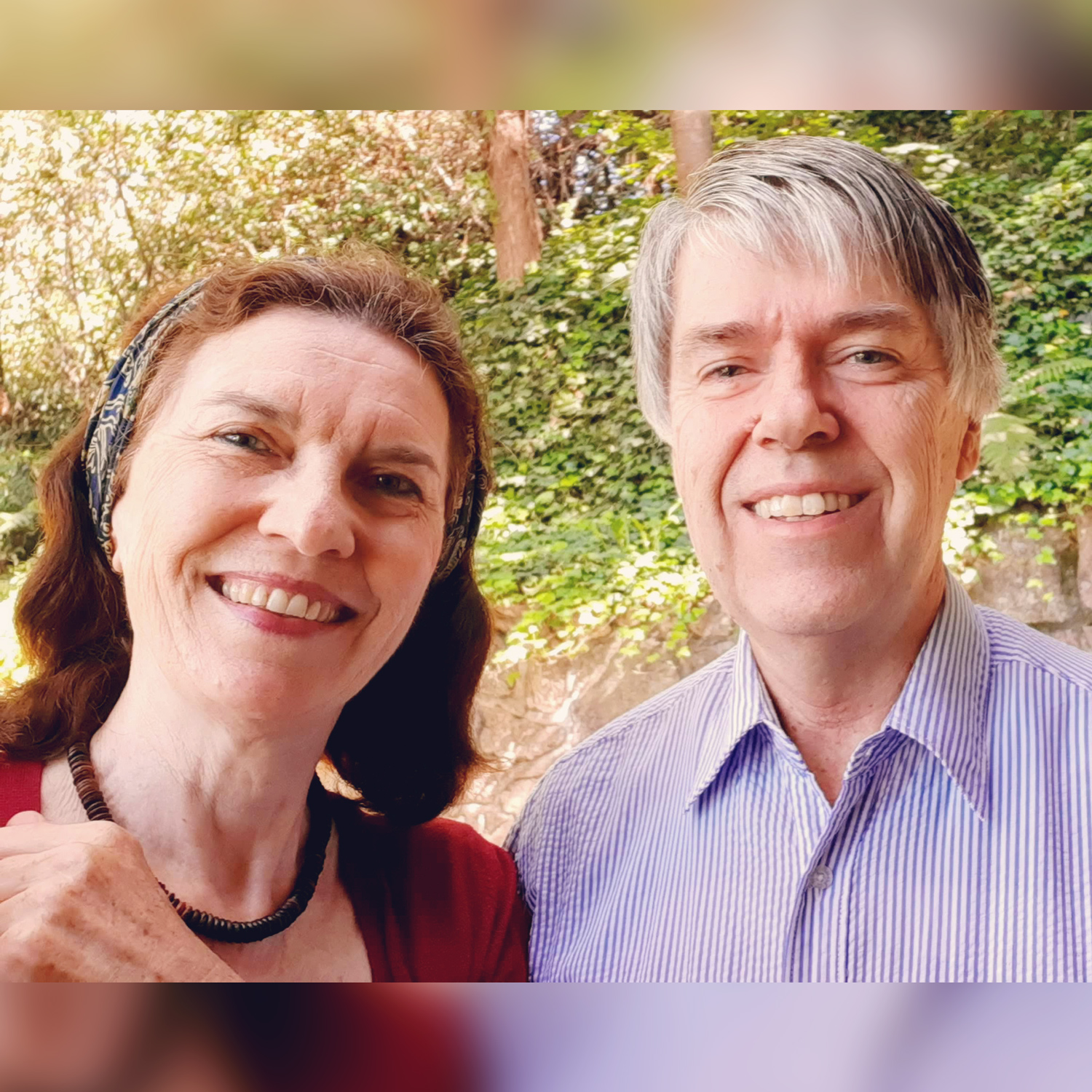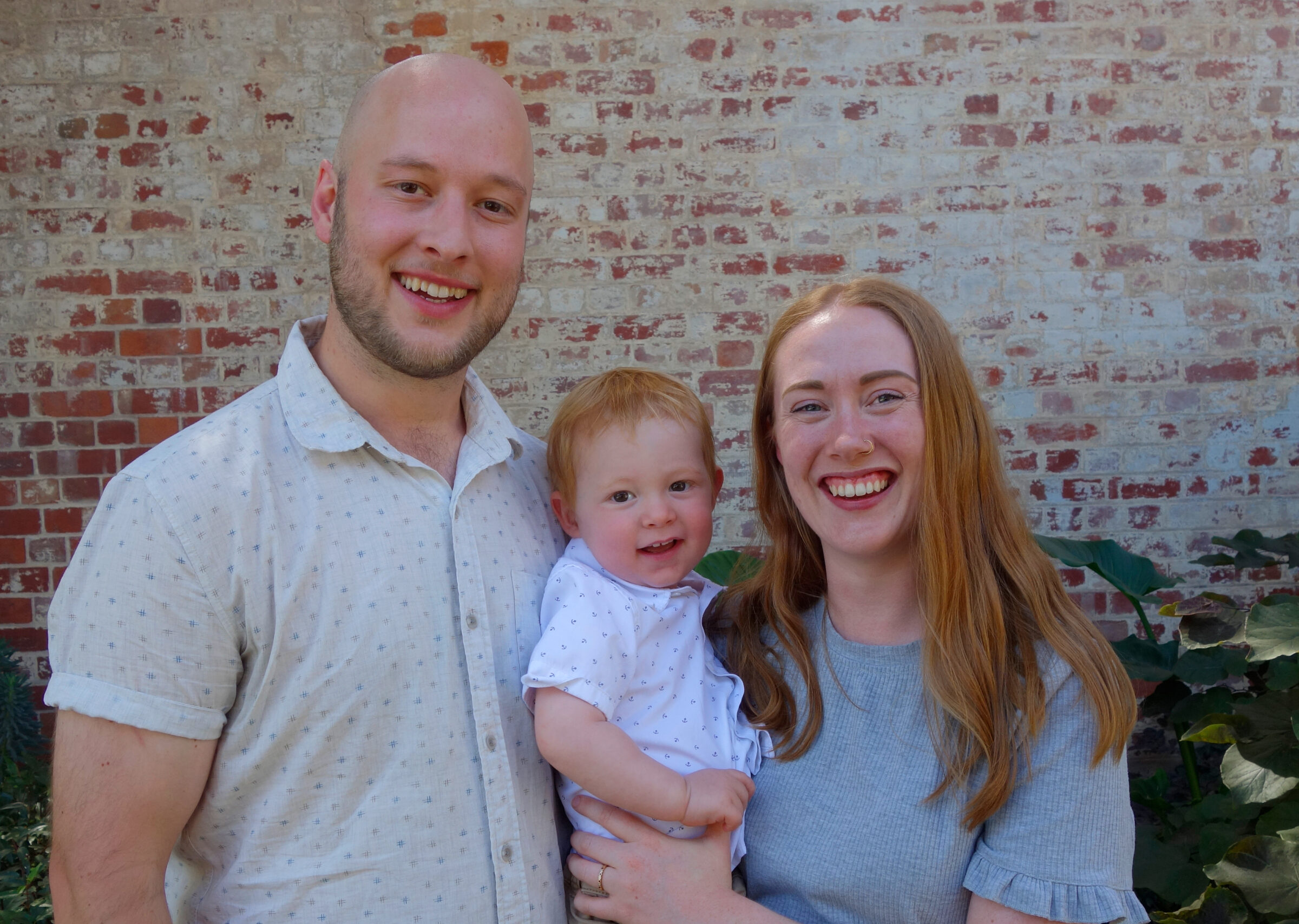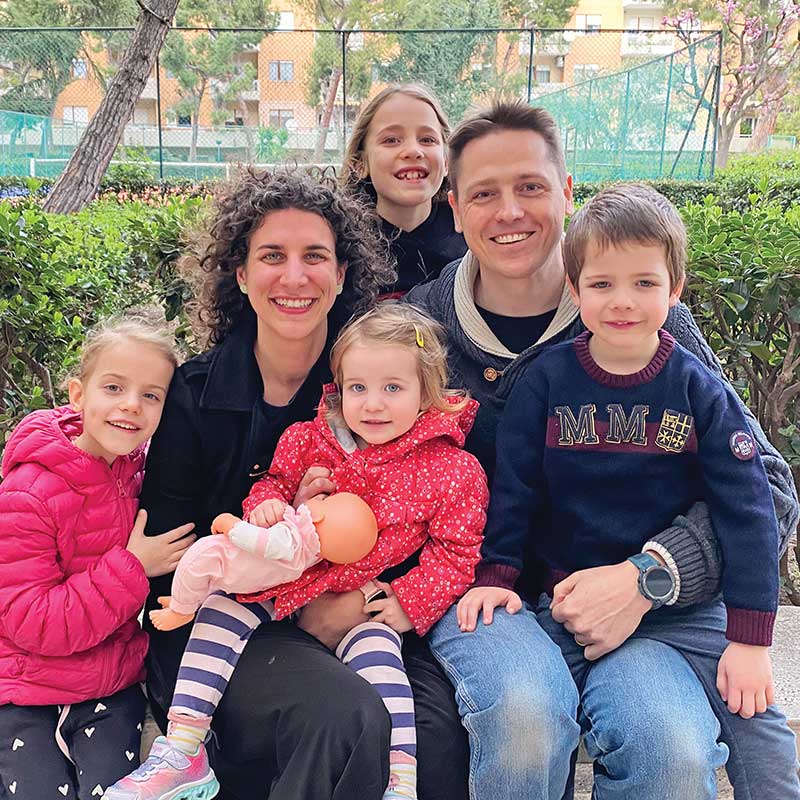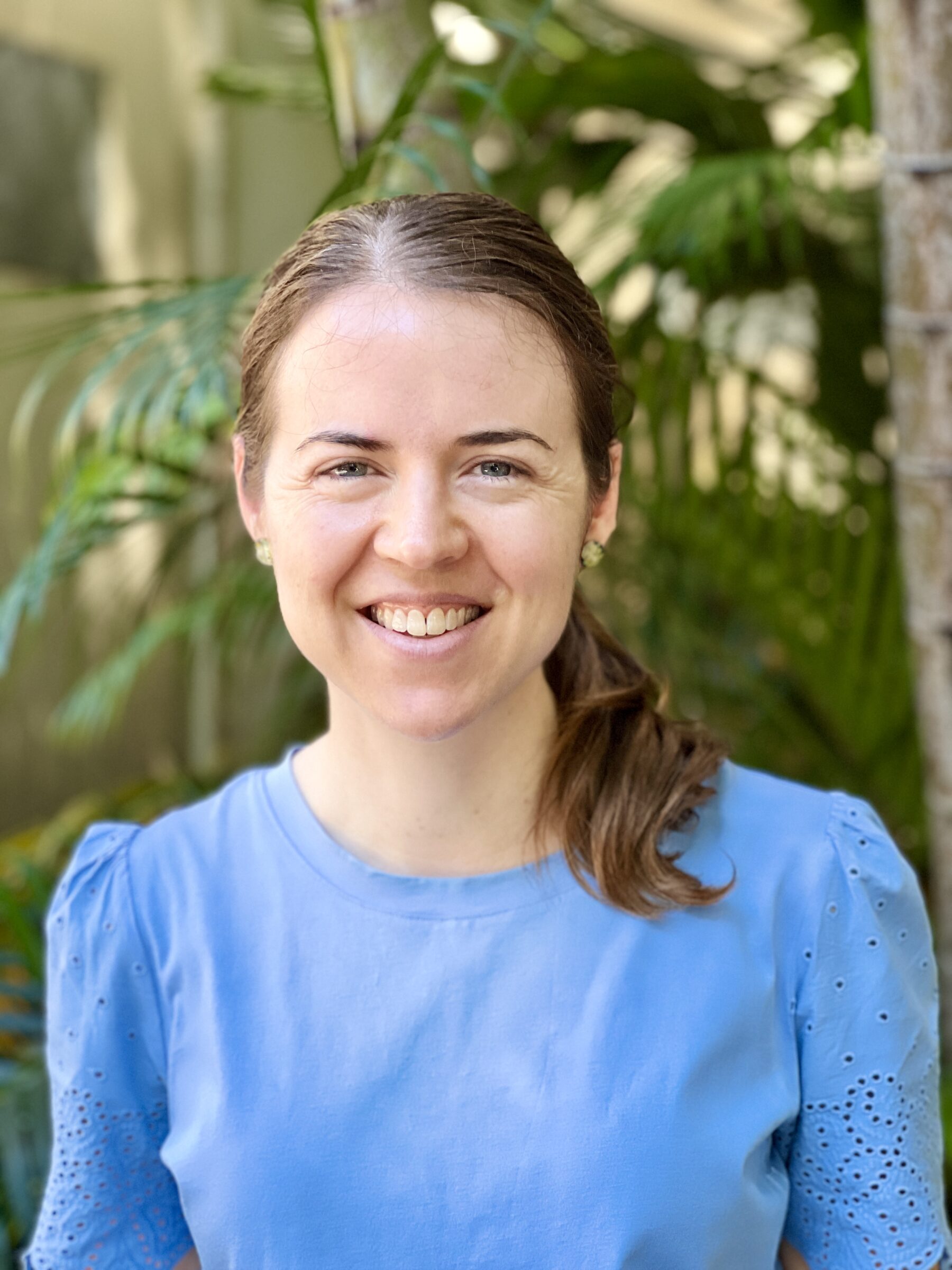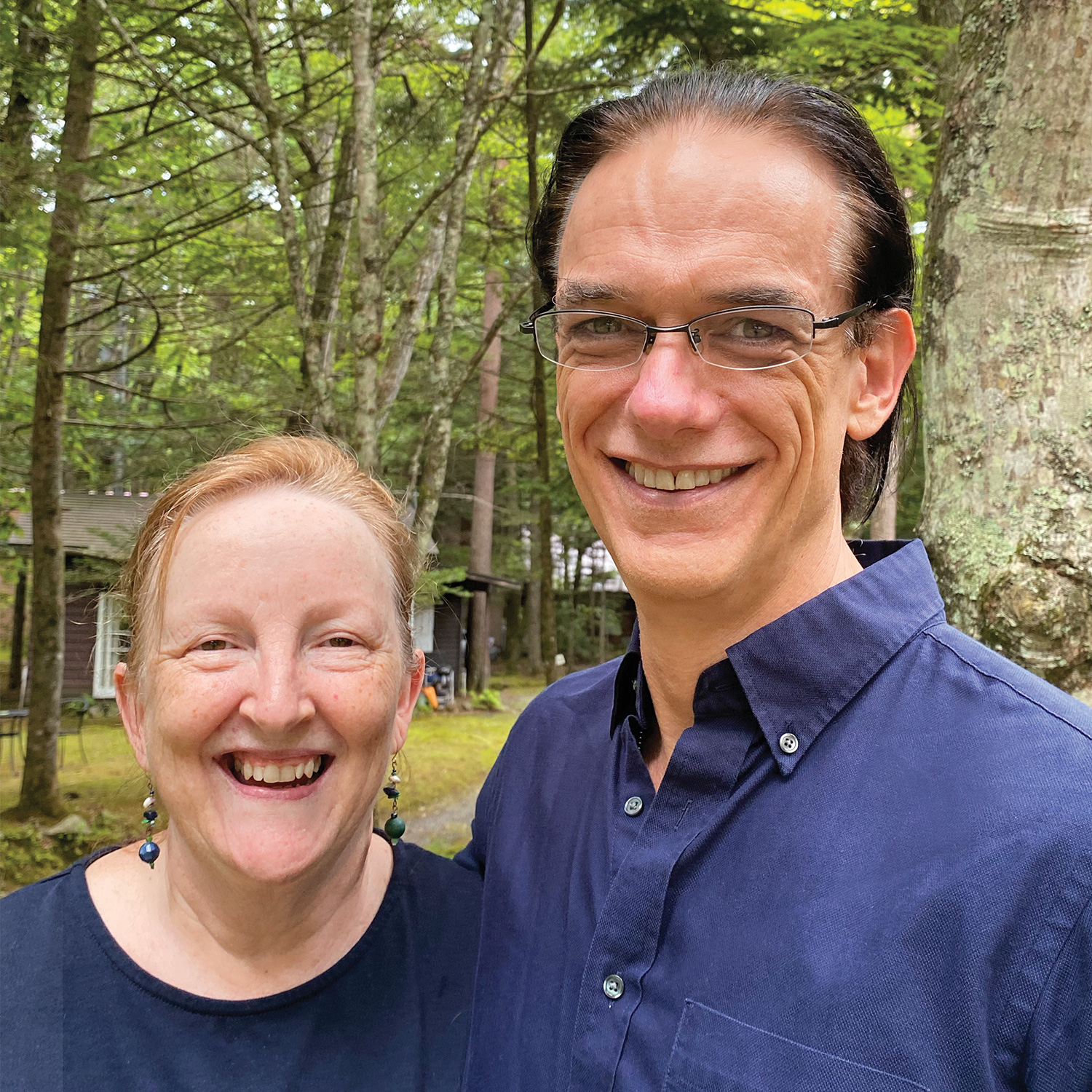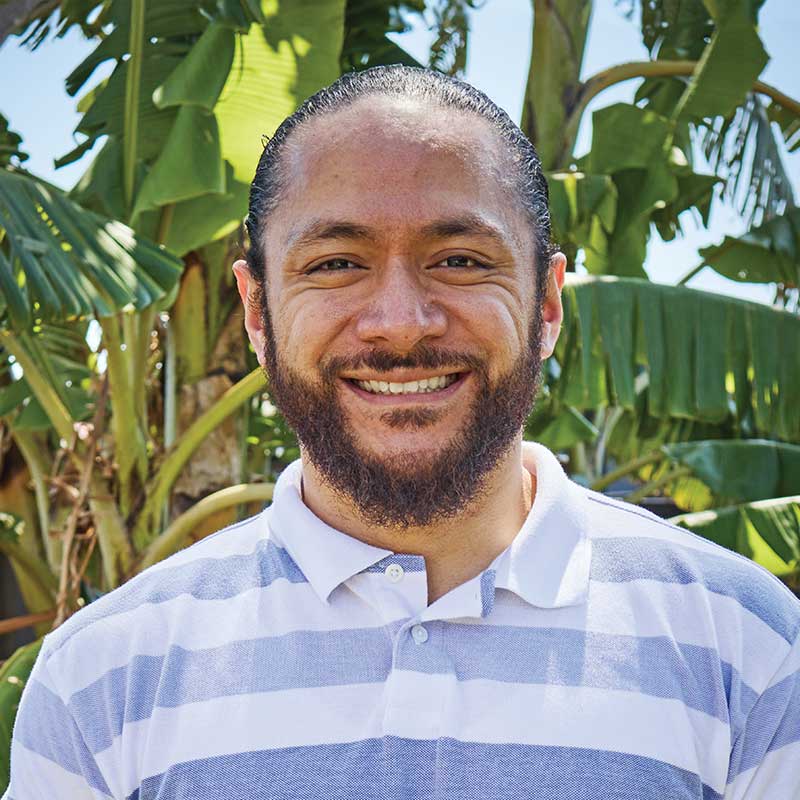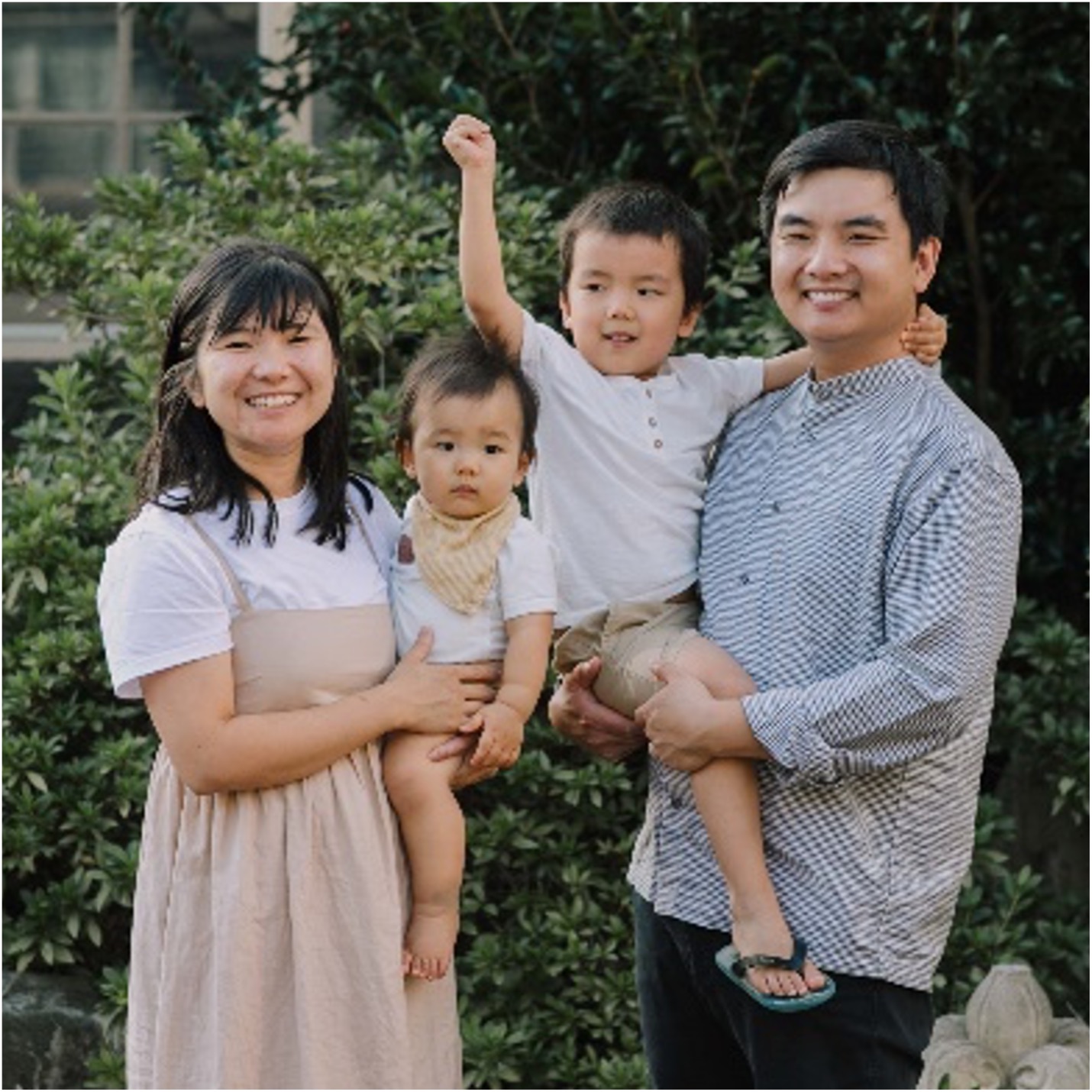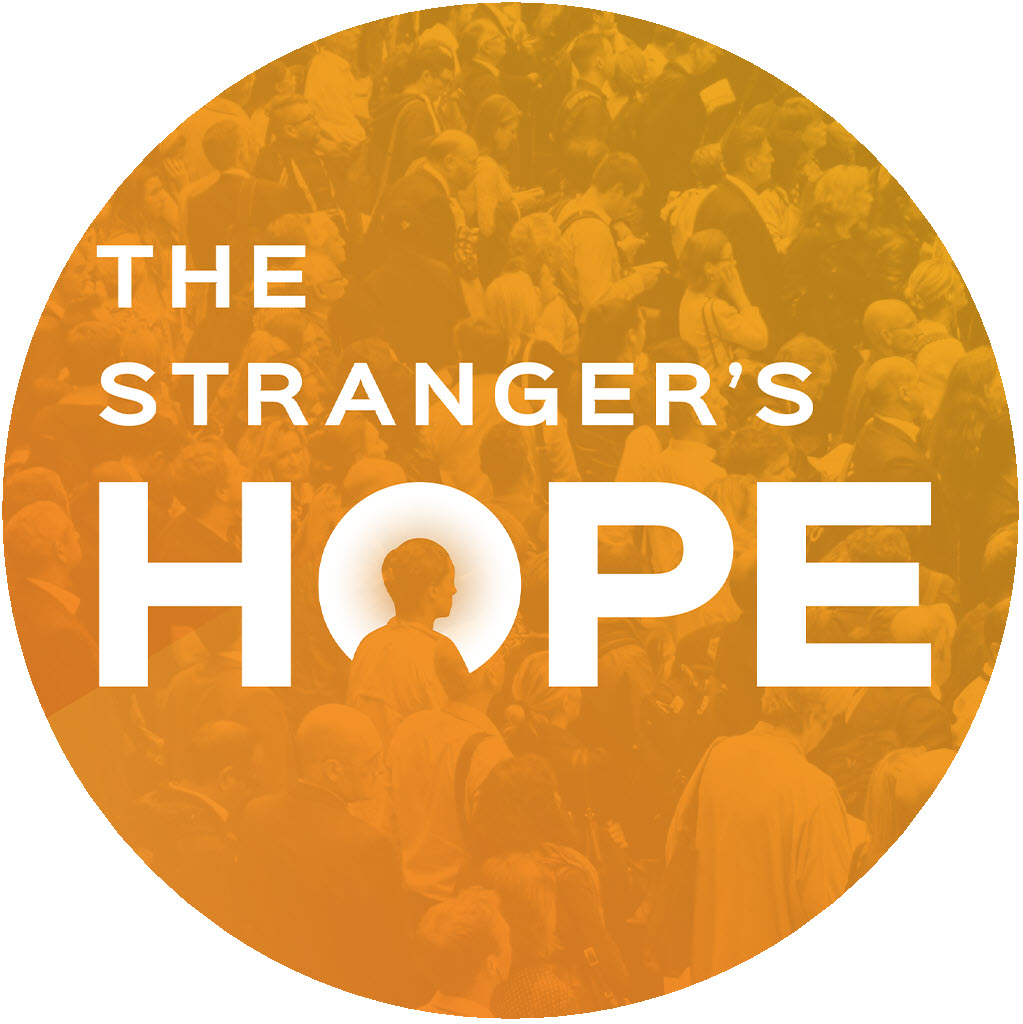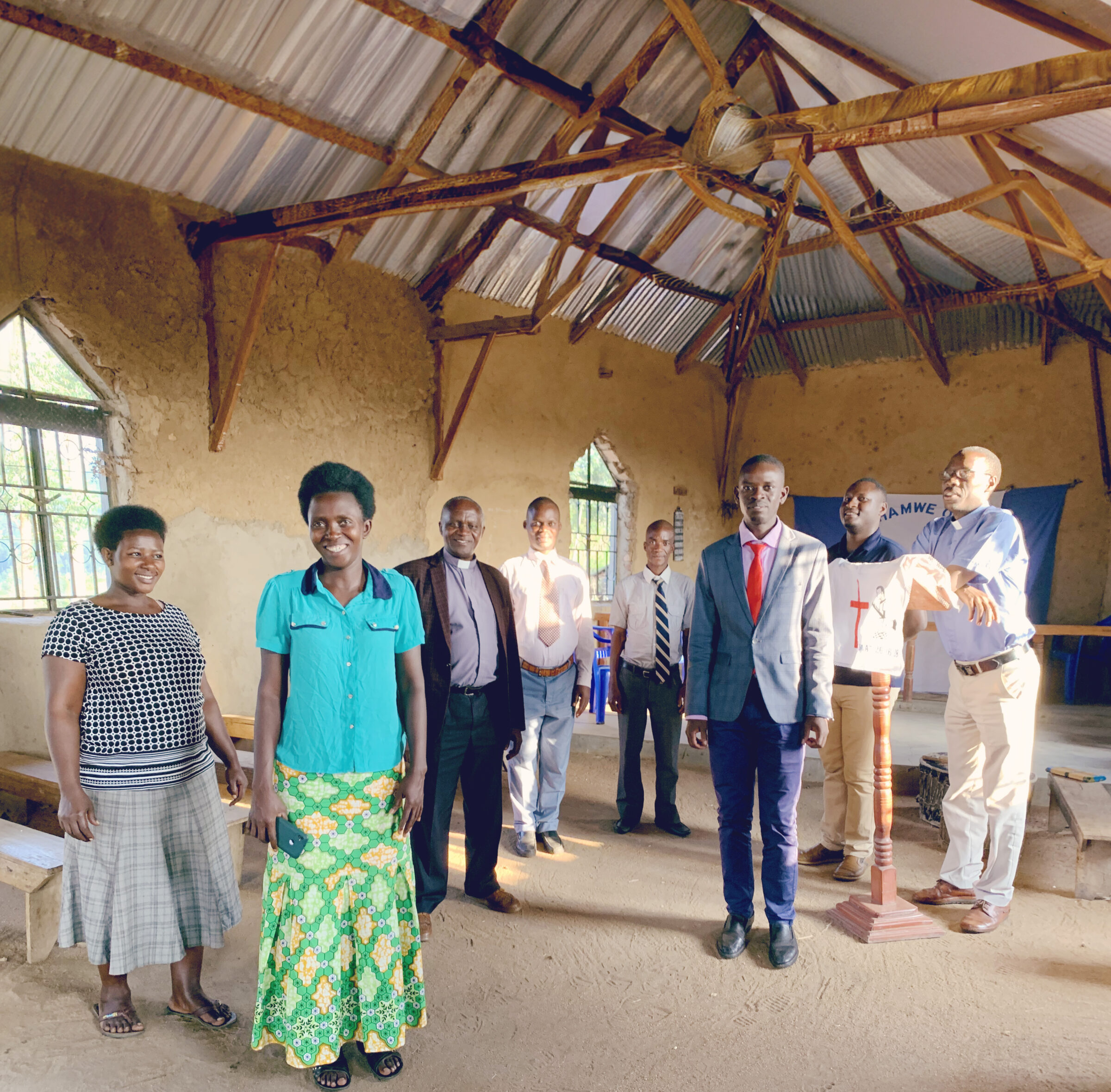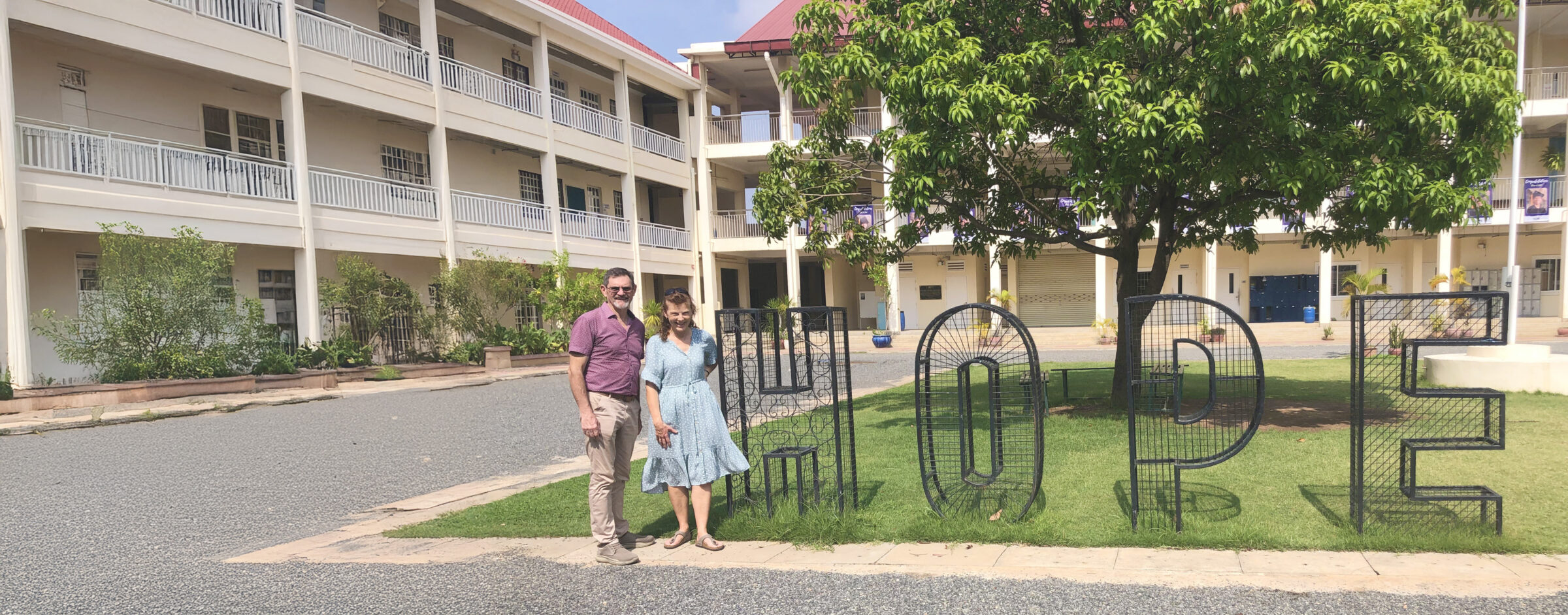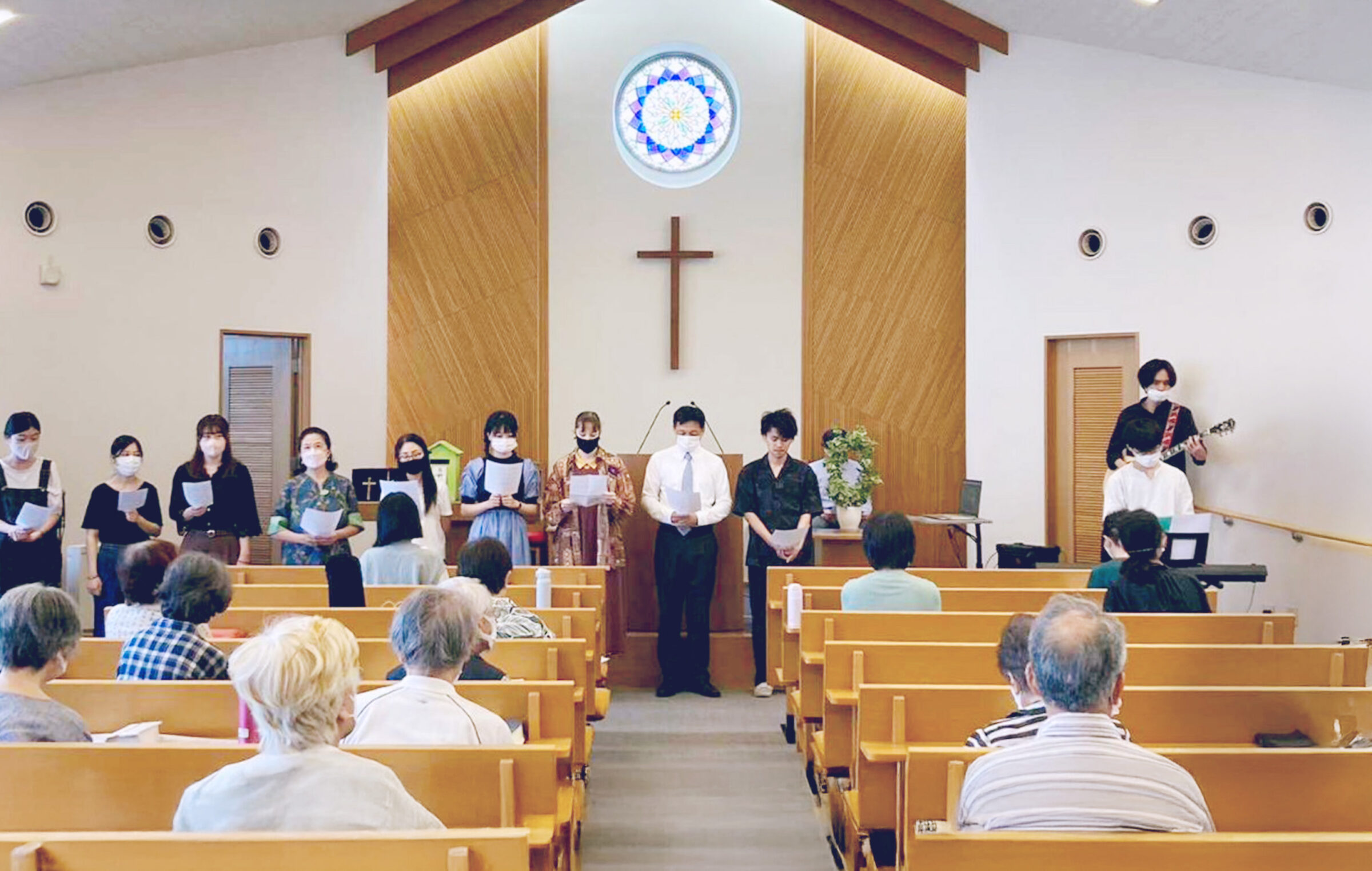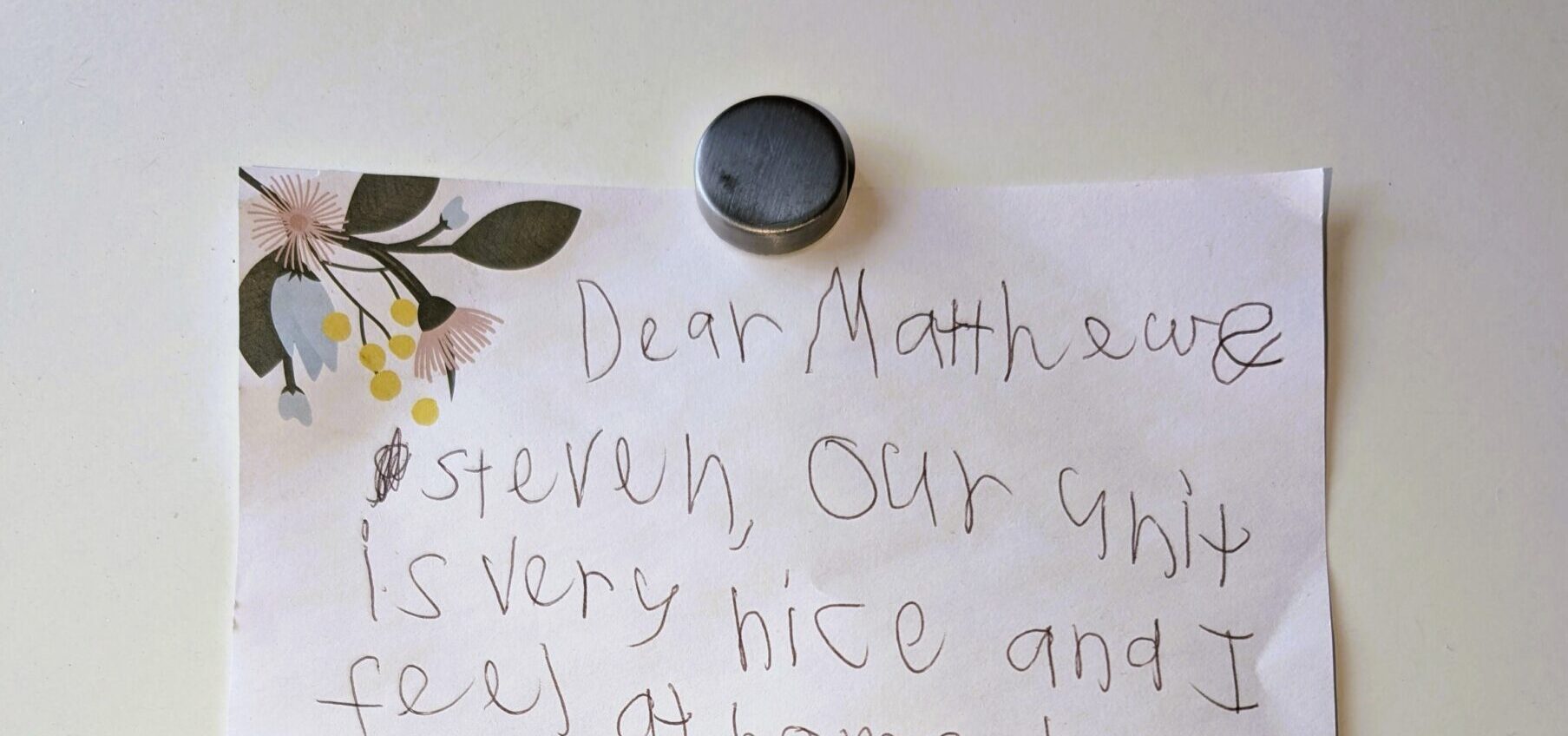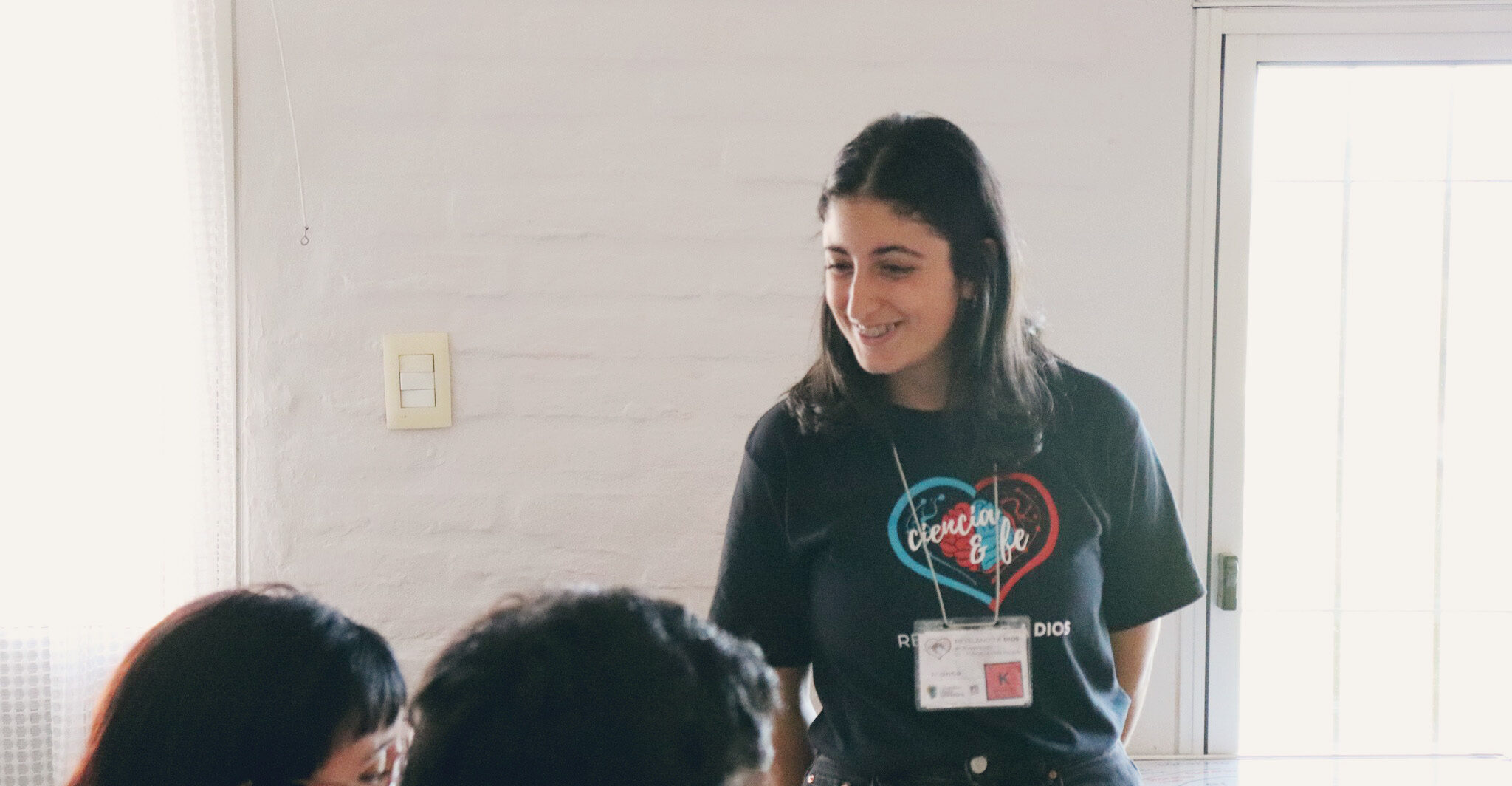Training not Downloading
CMS missionaries Tamie & Arthur Davis, serve in Tanzania with the Tanzanian Fellowship of Evangelical Students (TAFES), For them, training is not imposed, but is a shared experience of bringing gospel truth to those who need to hear God’s good news.
“We don’t need more staff trainings,” said a board member from Tanzania Fellowship of Evangelical Students (TAFES), the campus ministry we are seconded to.
He was right. In today’s urban Tanzania, training is like a download. It’s a one-time event, a seminar at which someone delivers information or presents a skill. Recipients are then expected to go and implement it. This has not been particularly effective, which was the board member’s point. There’s a gap between theory and practice.
The same exists at a person-to-person level. In ‘mentorship,’ an older person sits a younger person down and lectures them, with the expectation that the younger person will go off and apply it.
In these ways, young urban Tanzanians can be exposed to lots of content, but this does not mean they are always able to put content into practice. These dynamics have played out in TAFES as well.
In this context, our struggle is not so much theological as practical. TAFES staff and students hold the Bible in high esteem, believe in the importance of evangelism, and hold to Christ as their model for leadership. The ‘things’ (that is, the gospel that 2 Timothy 2:2 speaks[1]) are generally sound. The gap is at the level of ministry skills, the ‘entrusting’ that 2 Timothy 2:2 also speaks of, and it is so essential to passing the gospel on to the next generation. TAFES staff workers have been learning the ‘what’ of ministry, yet have struggled to develop the mindset or self-possession with which to see themselves as someone capable of passing something on.
What is needed is perhaps not so much explicitly taught as caught. Information delivery needs to be complemented by a sense of walking alongside someone.
Trainer as coach
There is someone who does ‘walk alongside’ in urban Tanzania: the soccer coach. They don’t tell you how to play and then leave you to it. They come up with strategies, help you to work on particular skills or plays, discuss with you the next steps in your development, are concerned that you are well nourished and rested, look out for your motivation and mental health, and take into account how you operate within the team. In other words, the coach is a link between theory and practice, not only a source of knowledge but also a trusted confidante. This is what Paul’s relationship with Timothy was. To adapt our board member’s words, TAFES definitely needs more of that!
For us, this kind of ‘walking alongside’ has been inspired by the idea of ‘hybridity’[2]. Rather than seeking to influence TAFES with our pre-determined model or theology, we aim for a hybrid. We bring our (Australian) perspective to the staff team, and watch how this is received. Rather than trying to transmit a particular way of seeing, we want to enable our Australian and Tanzanian ways of seeing to cross-pollinate. We expect that what emerges will be neither fully Australian nor fully Tanzanian, but a new, third thing: a hybrid. Although it is not wholly Tanzanian, it can hopefully get traction here. This stems from our full expectation that not only is God already at work here, but that Christ is already alive and active in the Tanzanian church, which is his. The Holy Spirit, who is bringing about new creation in our midst, will mix things up and make something new. Both we and our TAFES friends will be changed in the process.
Example: evangelism
There had been a discussion among the TAFES staff about the need for an evangelism manual. Evangelism here is typically a matter of door knocking and big rallies, an occasional event. There was already a resource on the shelves, written by another missionary over a decade ago. It had stayed on the shelf, never making it onto campus. It involved three sessions of teaching from the front: finding your evangelism style, the content of the gospel, and building friendships. It was the kind of training the board member had said they didn’t need more of.
Arthur thought he had a way: a Bible-based group experience. Yet, the doctrinal or exegetical Bible studies of Australian campus ministry don’t get much traction in Tanzania. He needed to come up with something different, something more reflective of how he had been changed by the Tanzanian context. He wrote ‘Ten Gifts for Campus Evangelism’, a spiritual gifts inventory that takes one Bible figure as an example of each gift.
Still, there was something recognisably Australian about this resource: its focus on individual giftedness was different to the standard in Tanzania, which is doing what someone else, or the group, expects you to do. Would this be appropriate for the Tanzanian context? As Arthur trialed it with the staff team and asked for their input, it became clear that this more individual-oriented thinking is also much sought after, because the TAFES vision is not to generally equip Christian leaders so much as to equip Christian global citizens for urban life. At the same time, they fed back to him changes that were needed: the word Arthur used for one of the gifts had unintended sexual connotations; a ‘personal reflection’ would not make sense to people whereas a ‘self-evaluation’ would.
Key to its success was that this was not ‘training’ handed on from one individual to be taken up by another individual. It was a collaborative effort and designed for students on campus to work through together. When it came time to launch the resource, Arthur was not even there: he entrusted it to three staff workers he had been coaching, and they workshopped it with students at the national conference. It was no longer Arthur’s: it belonged to all of TAFES, because they had all been involved in its creation.
Pray
Pray that God will grant wisdom to CMS missionaries, seeking not to download ‘trainings’, but to work alongside those on location in careful and creative ways.
[1] “And the things you have heard me say in the presence of many witnesses entrust to reliable people who will also be qualified to teach others.” (2 Tim 2:2)
[2] “Hybridity is the blending of cultures to create new forms and meanings.” (David Williams, CMS Director of Training and Development)


